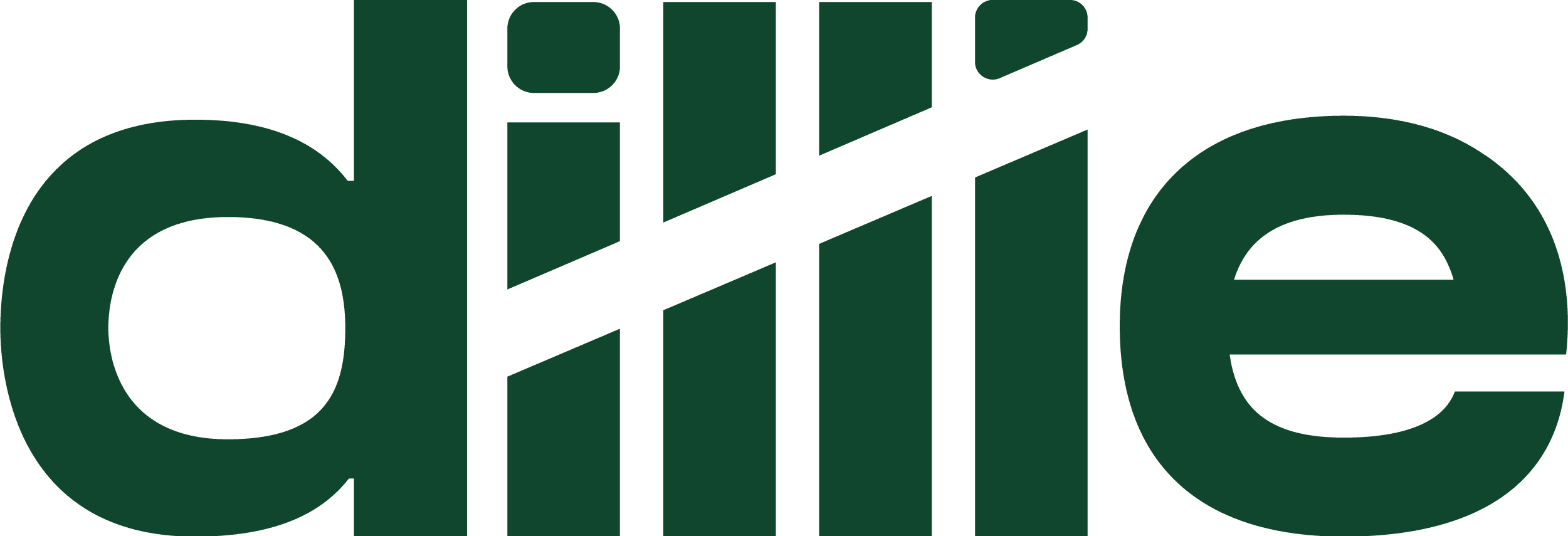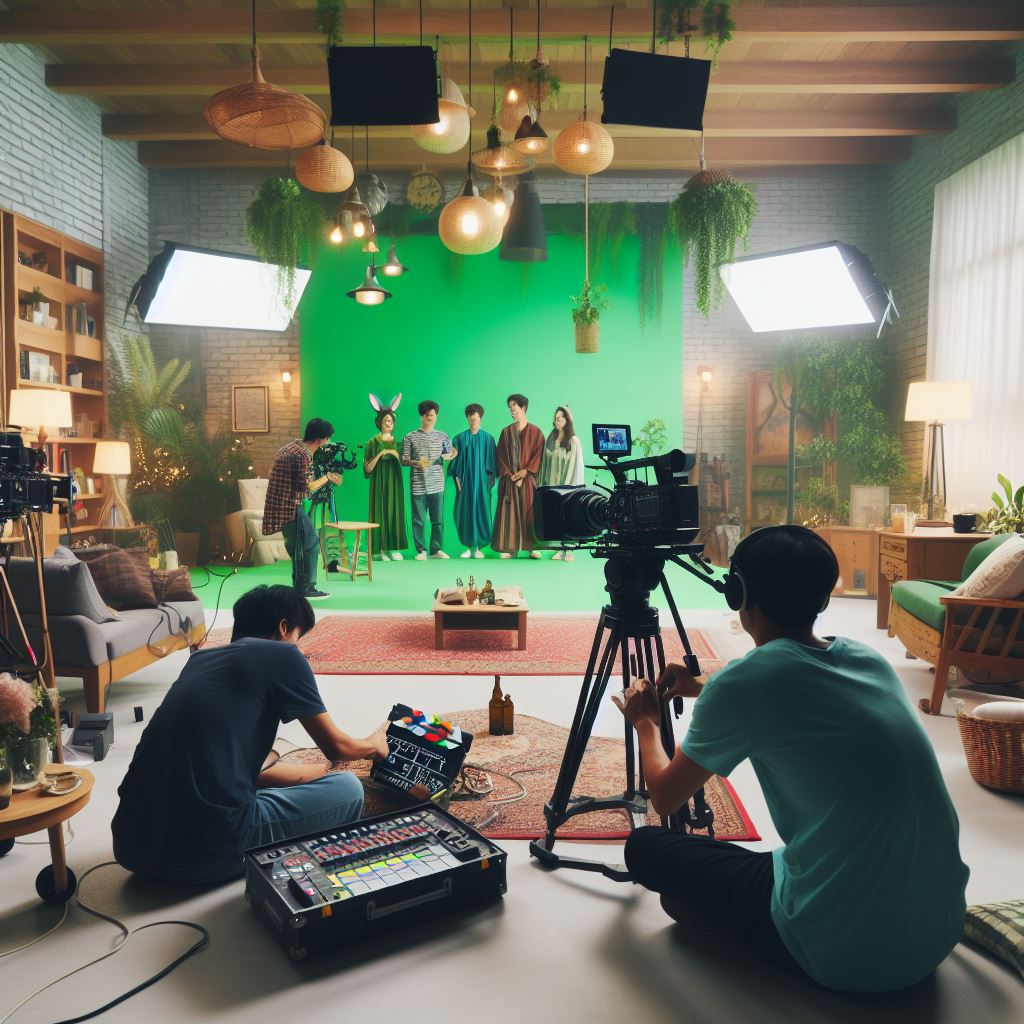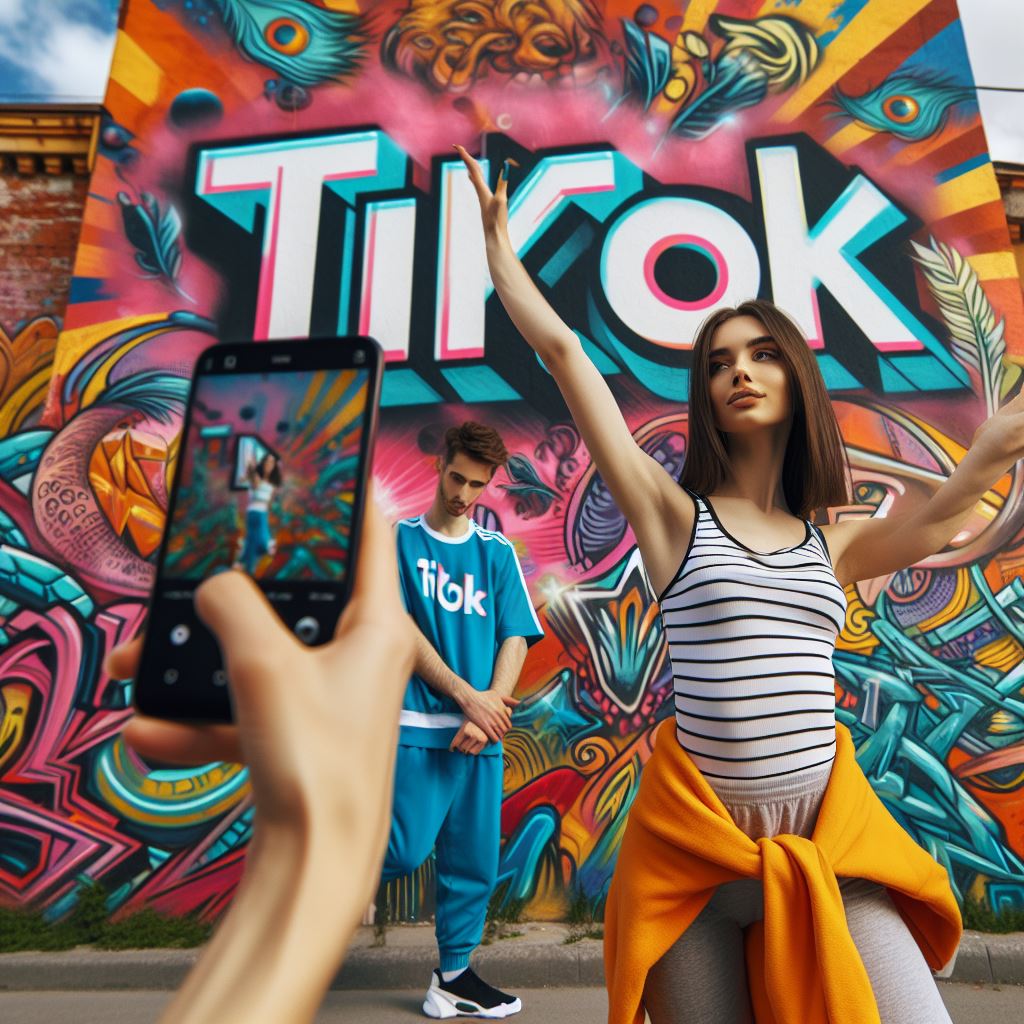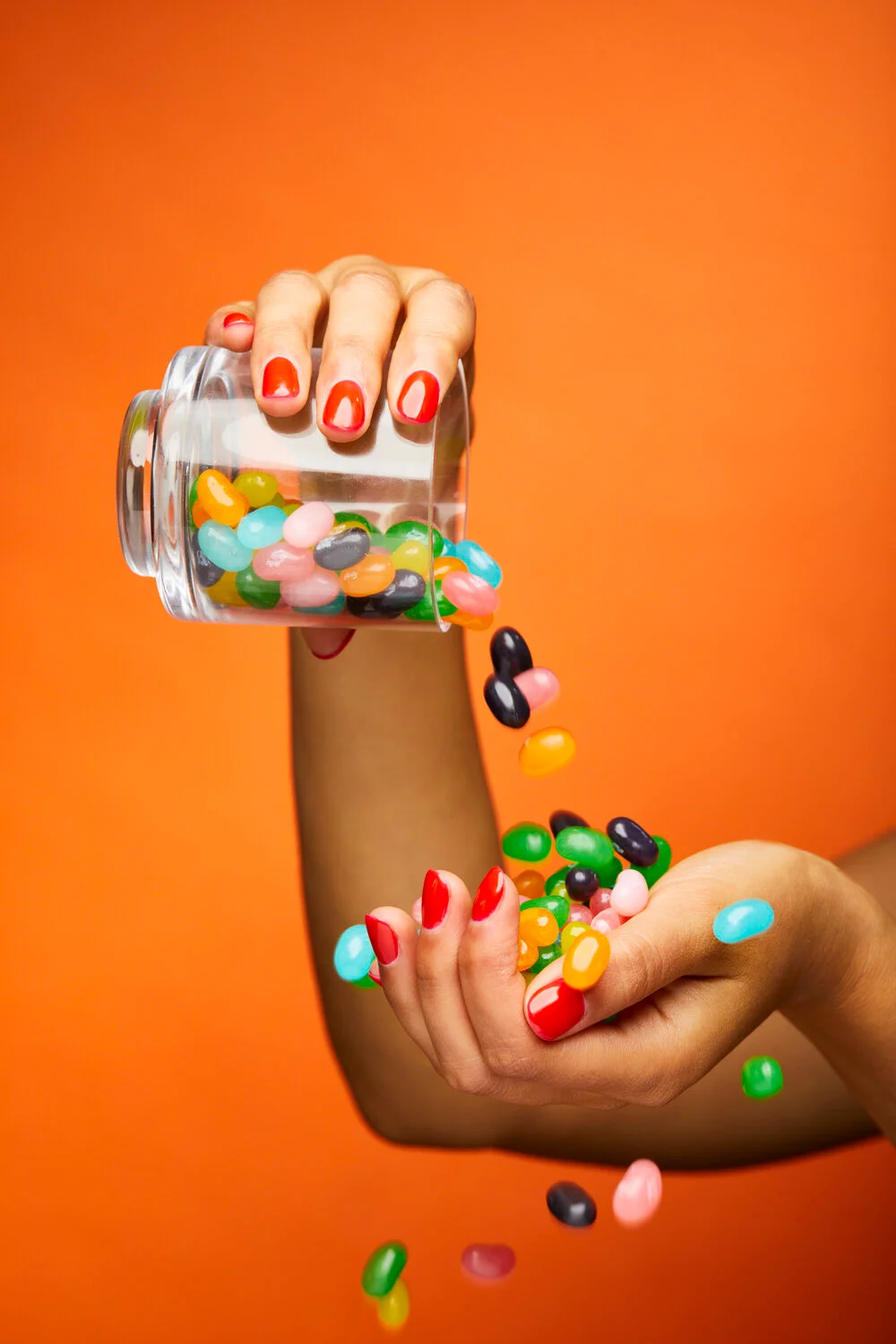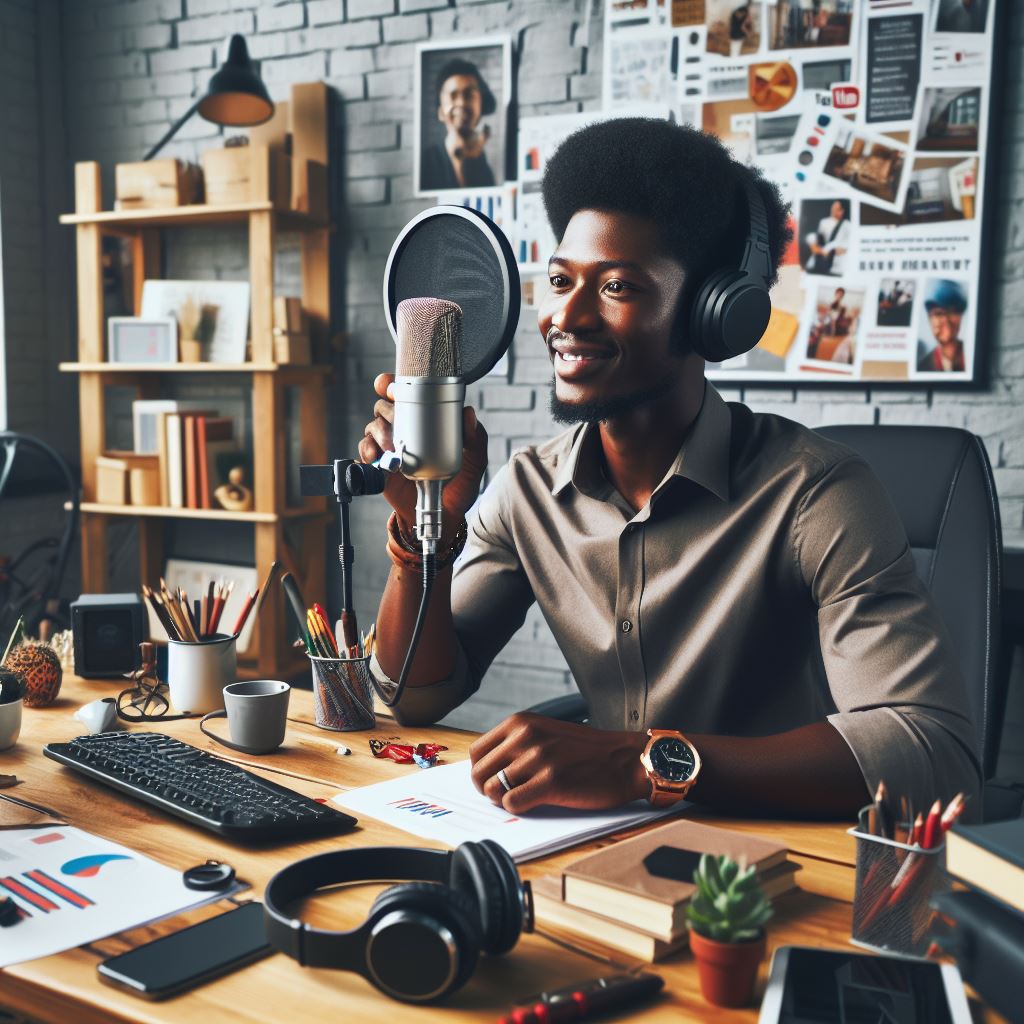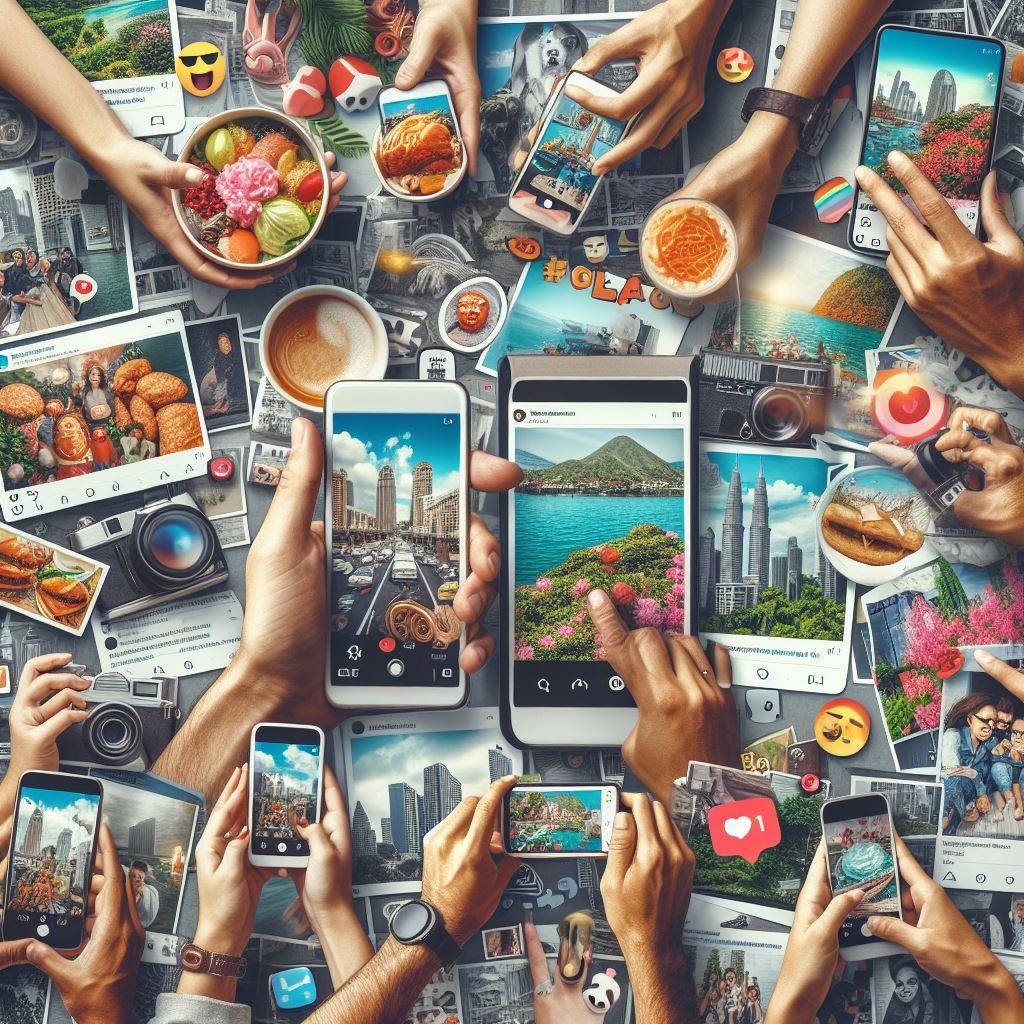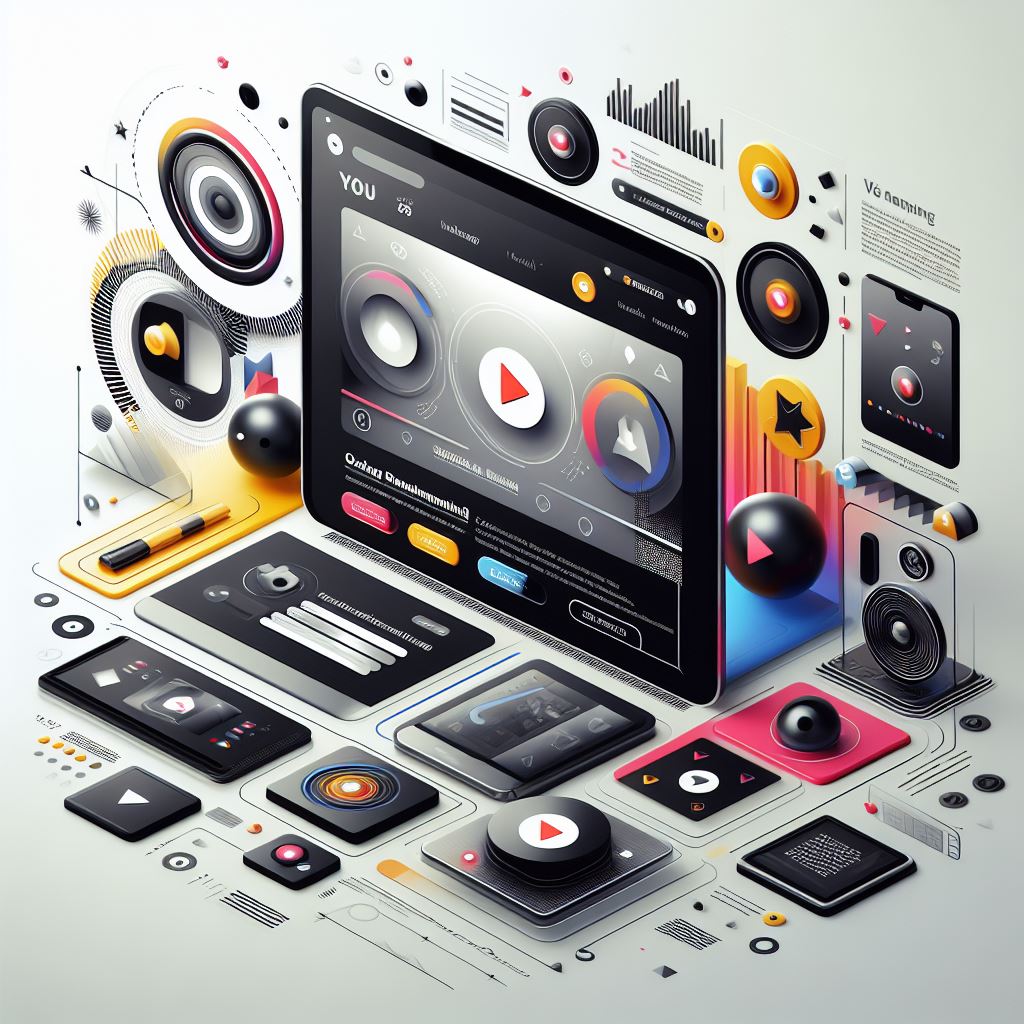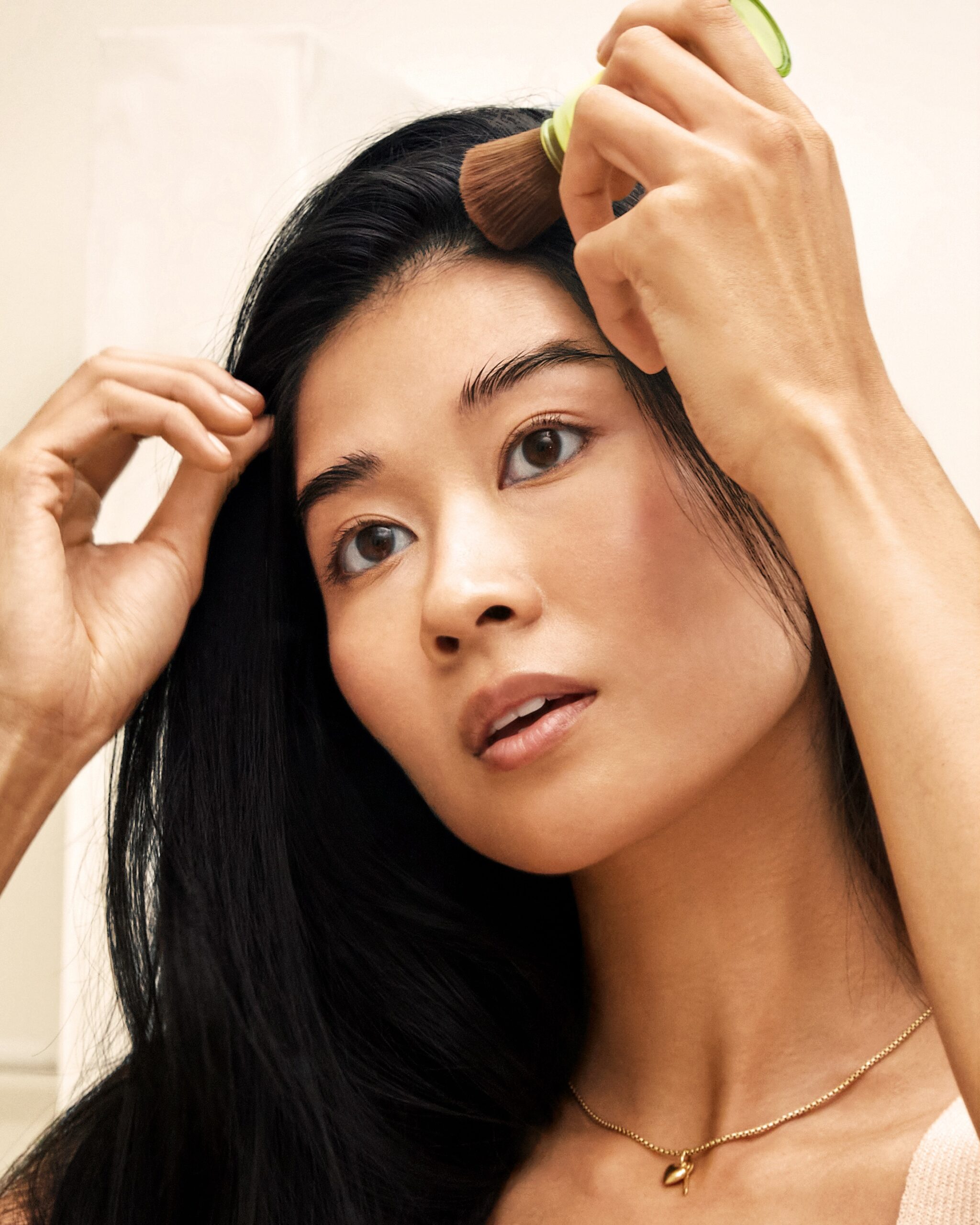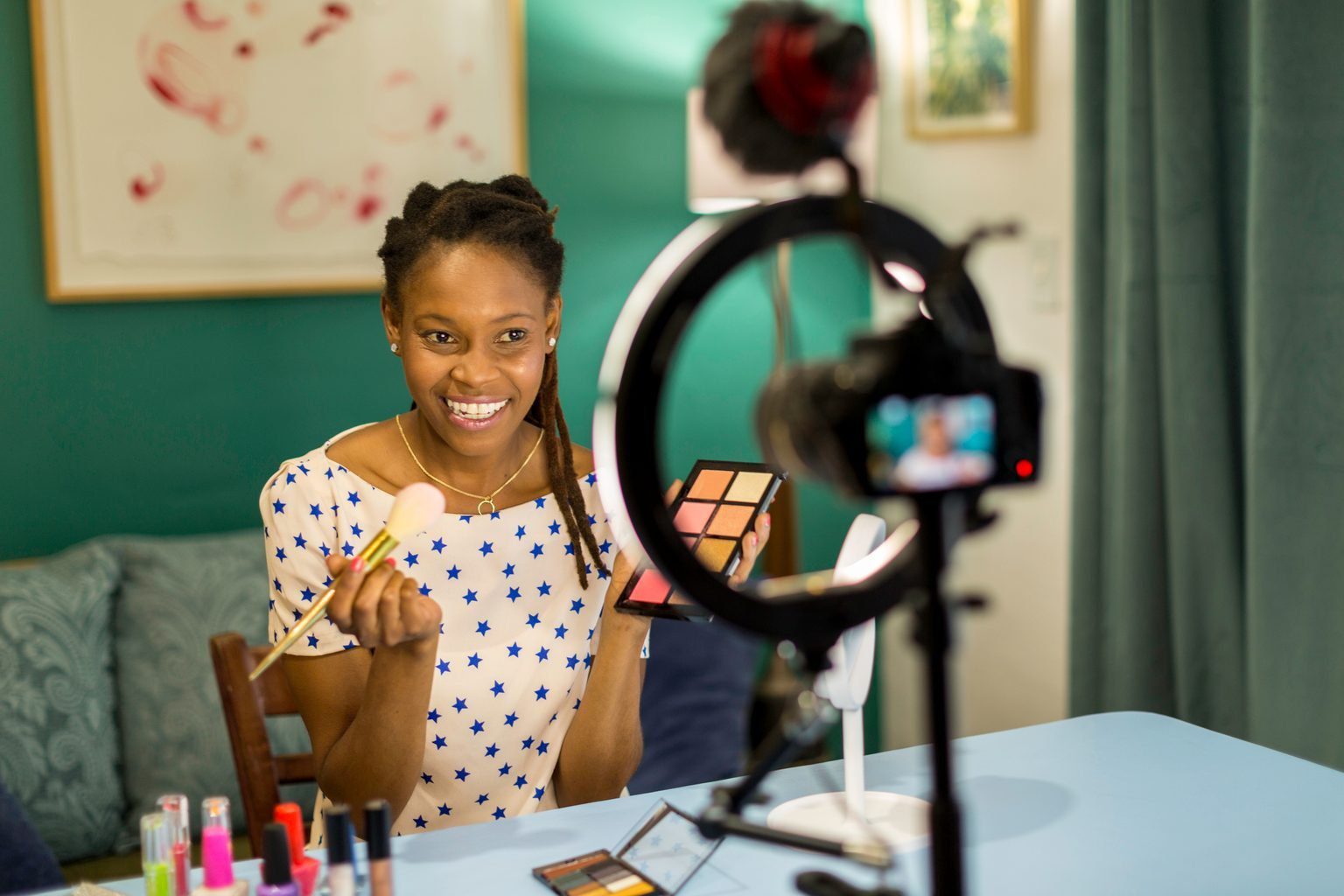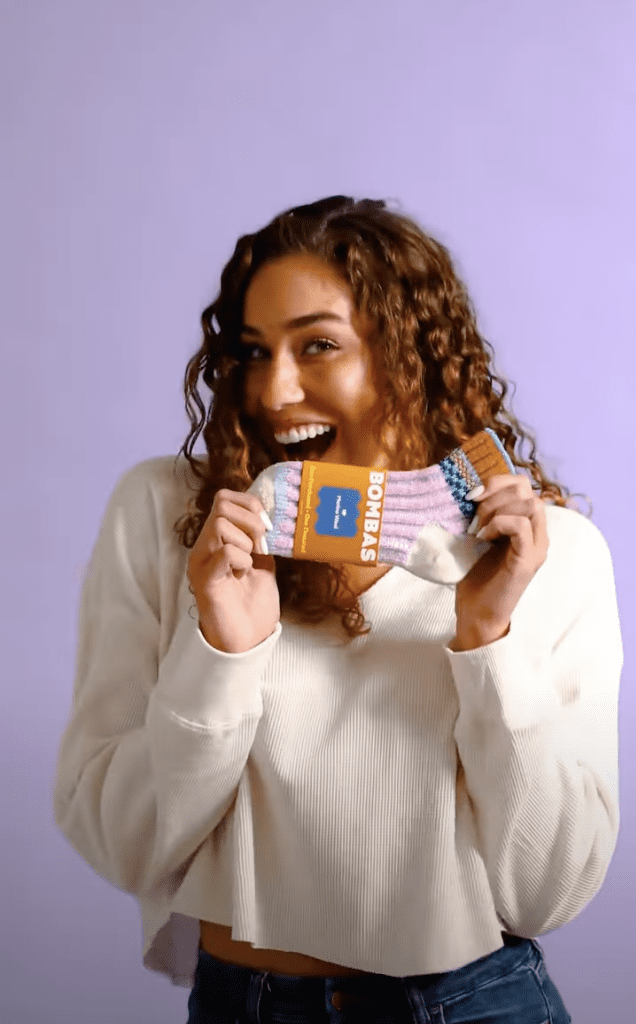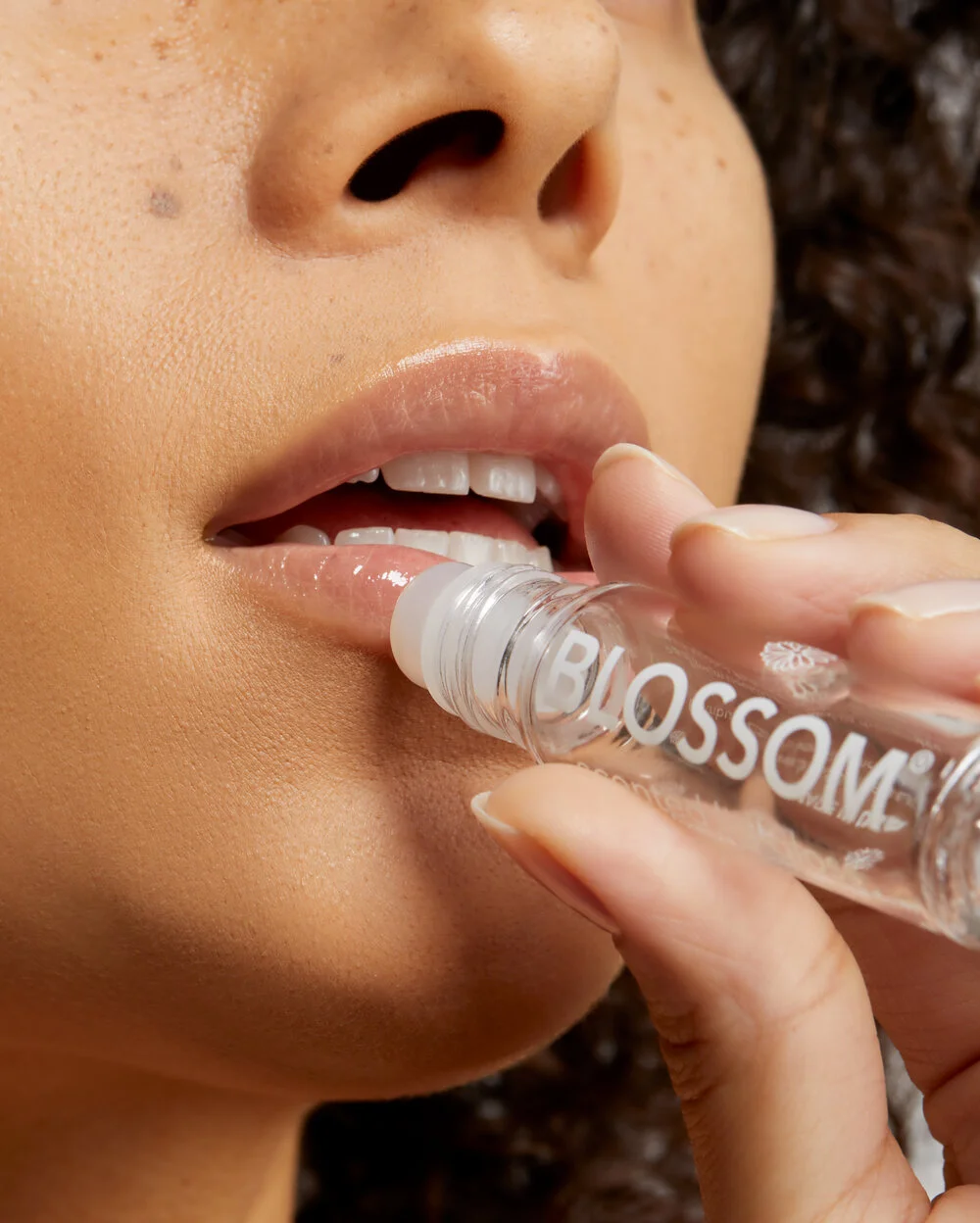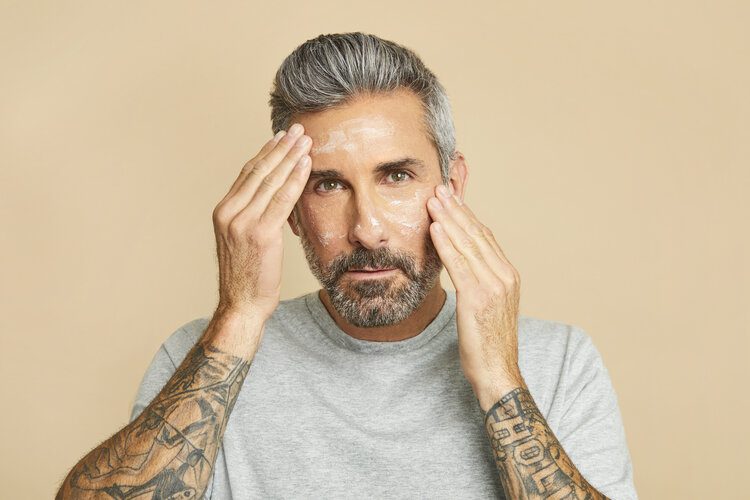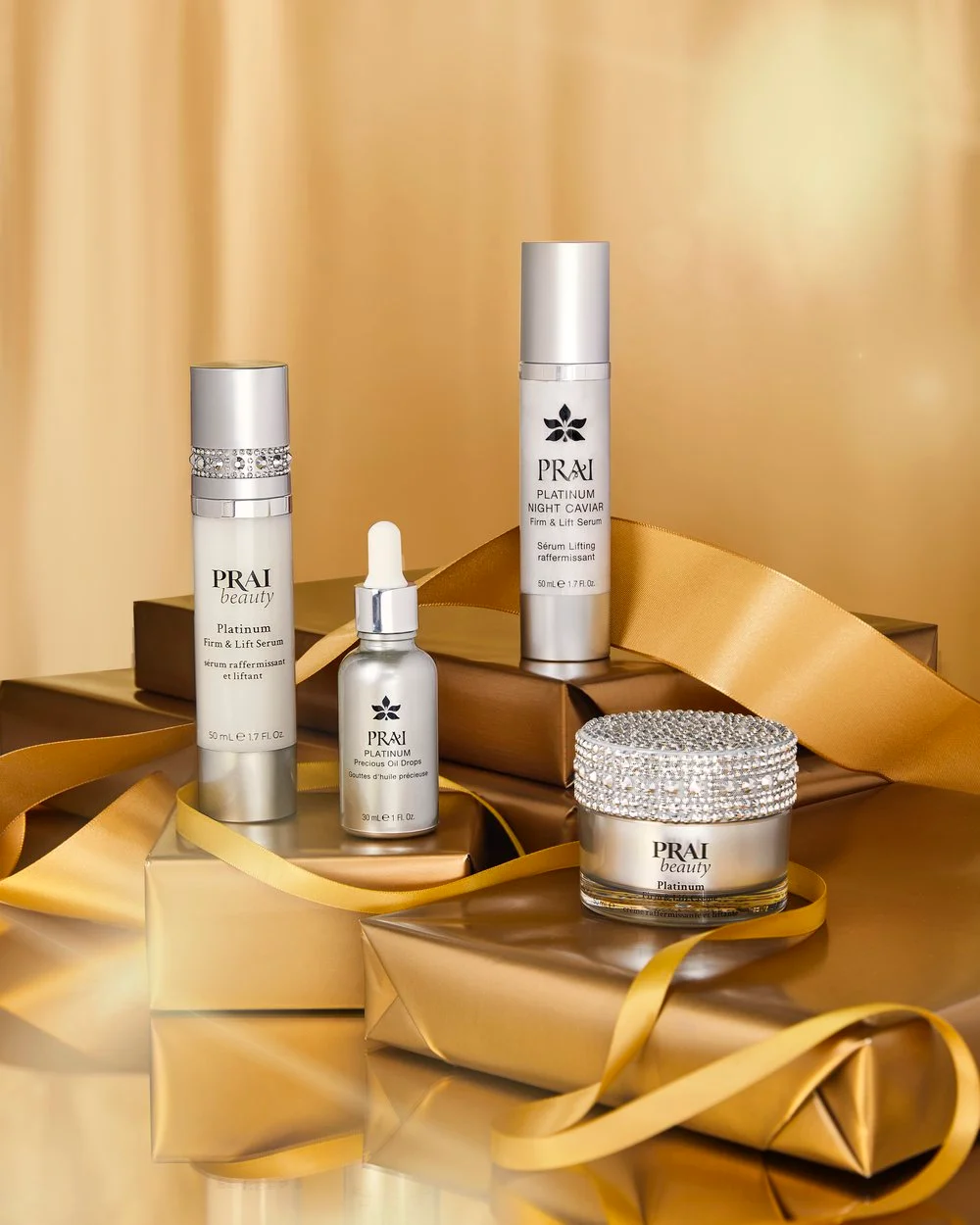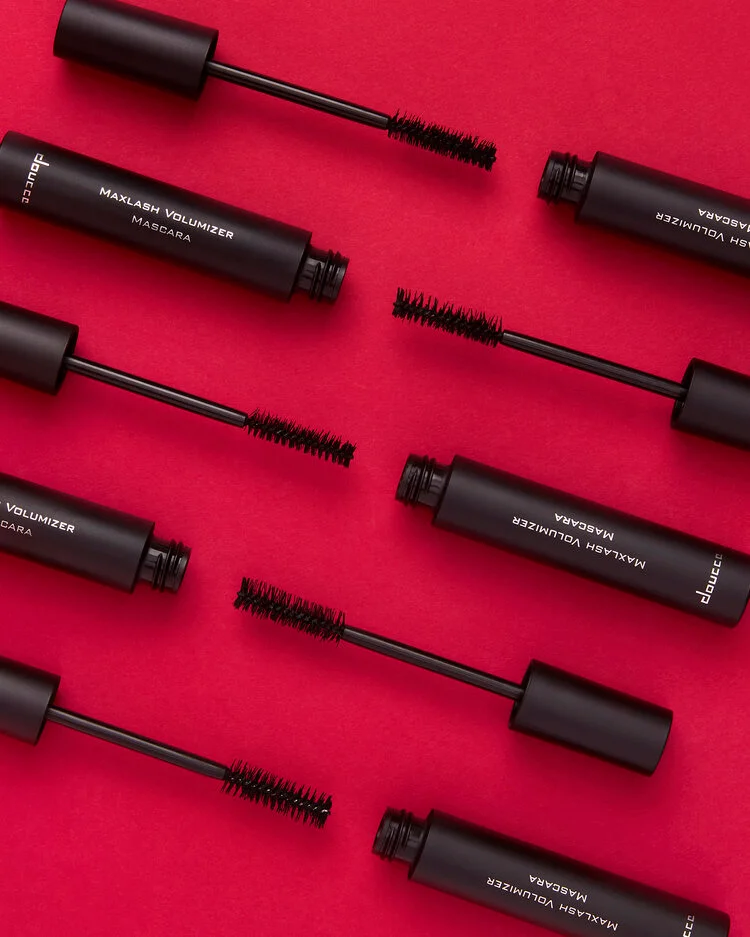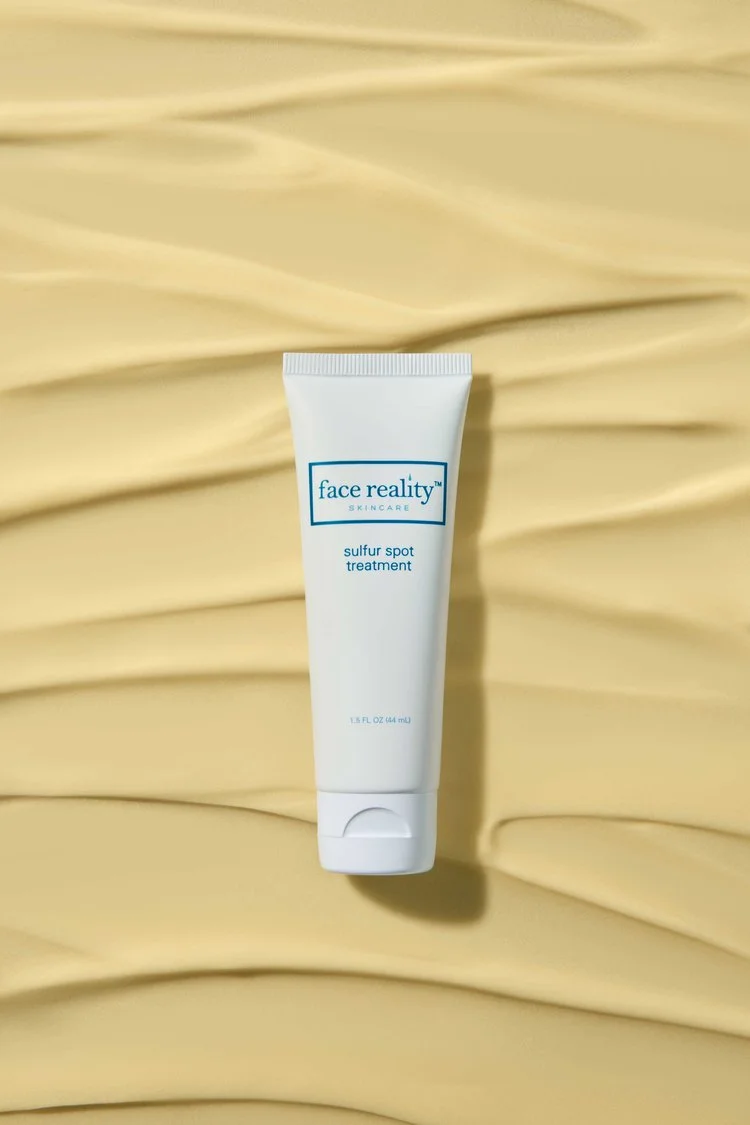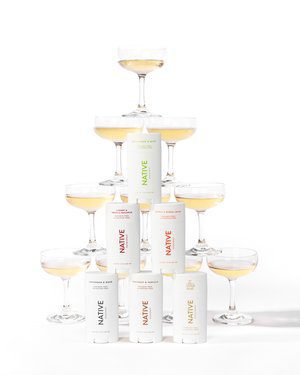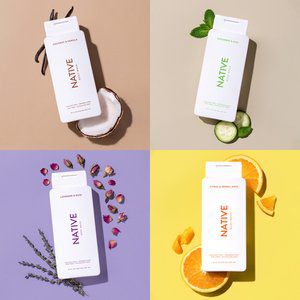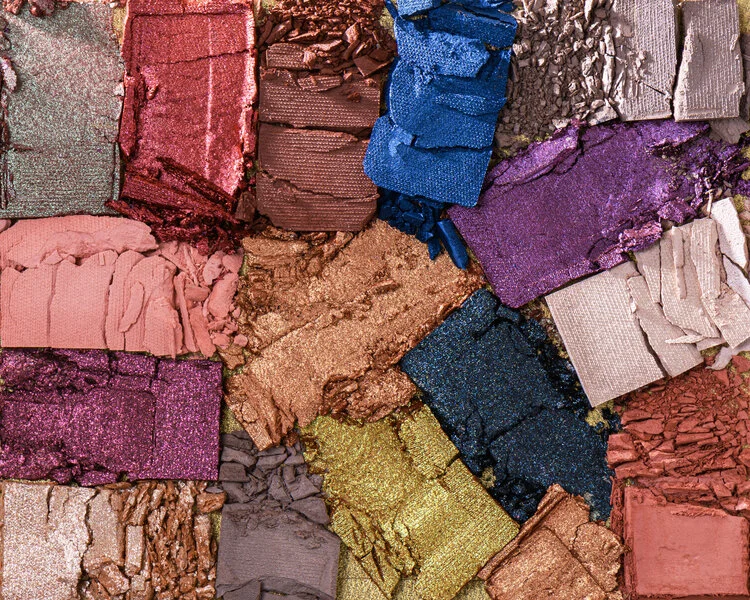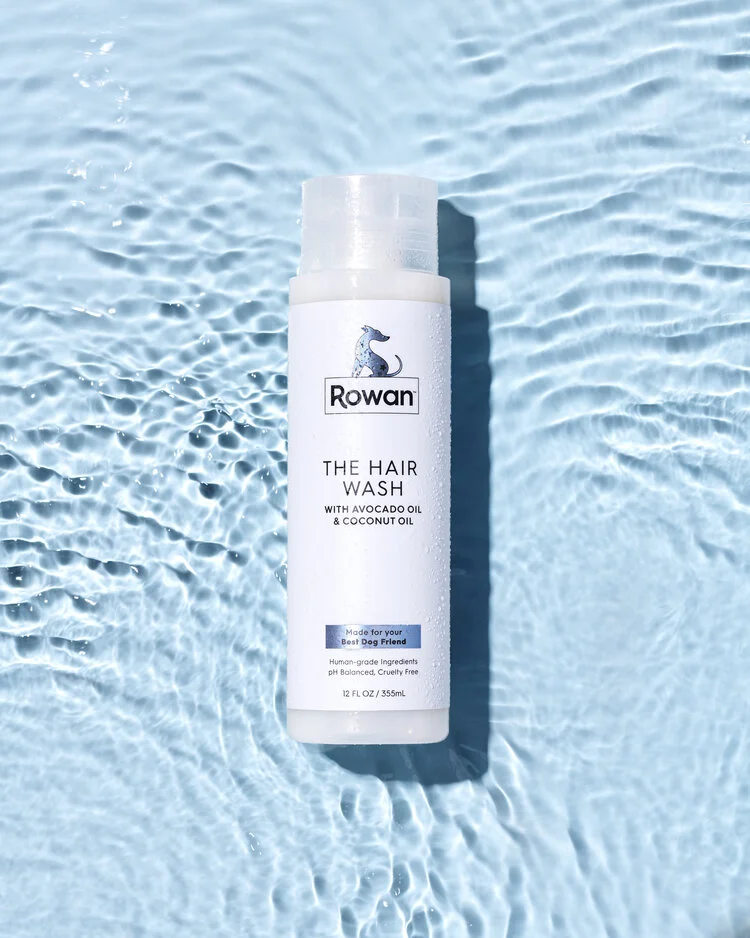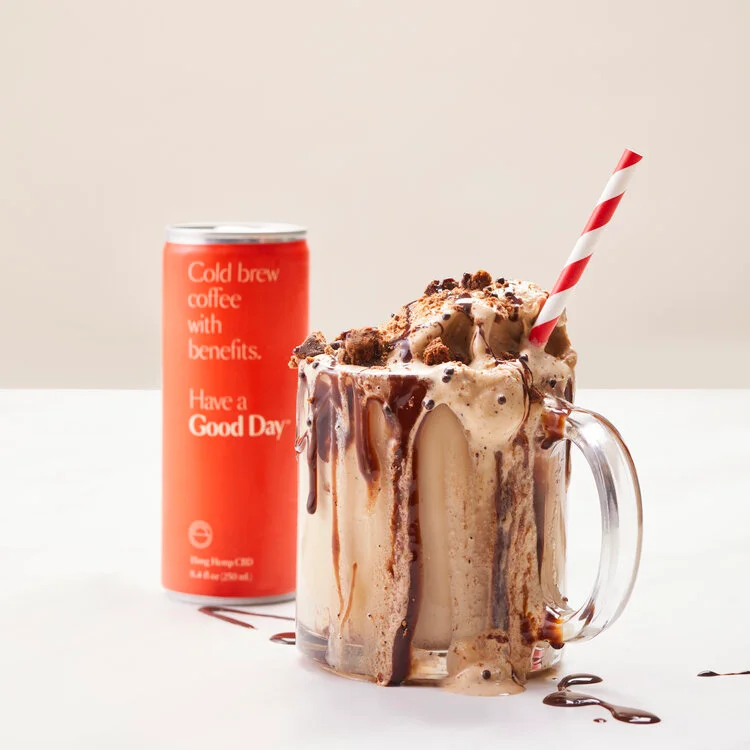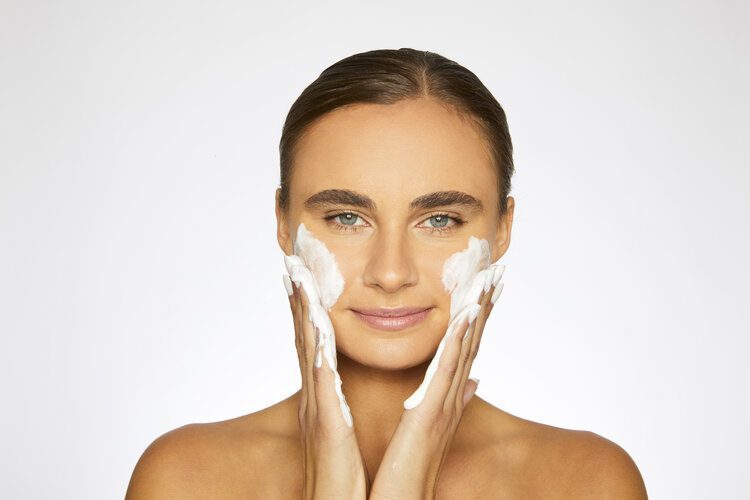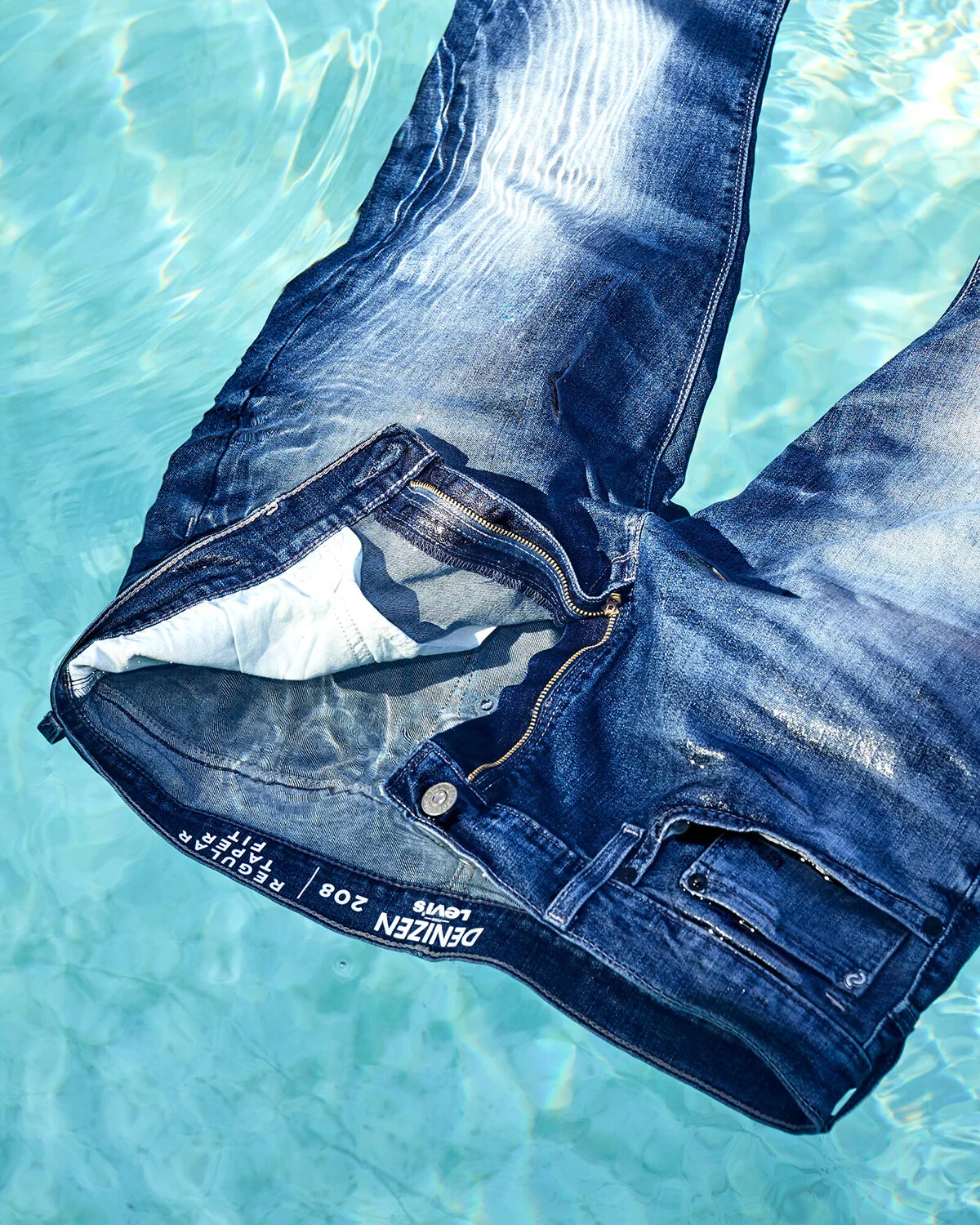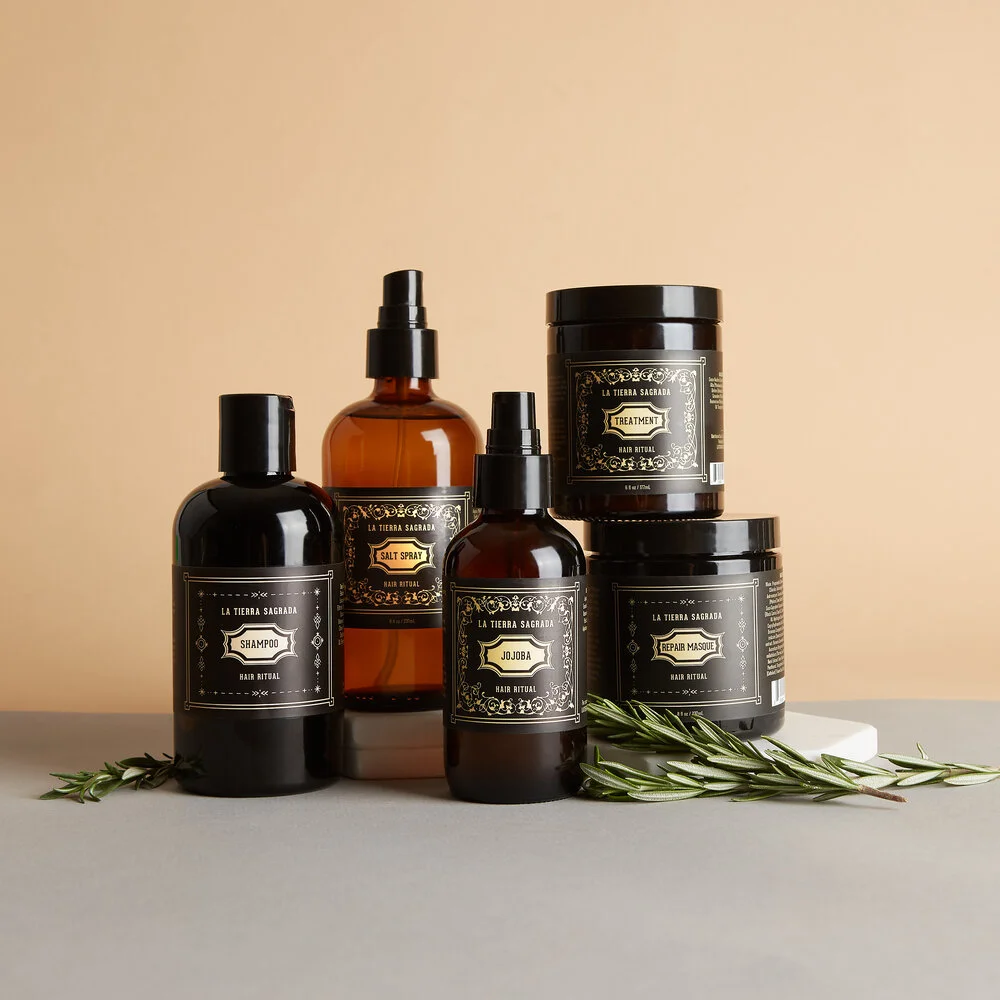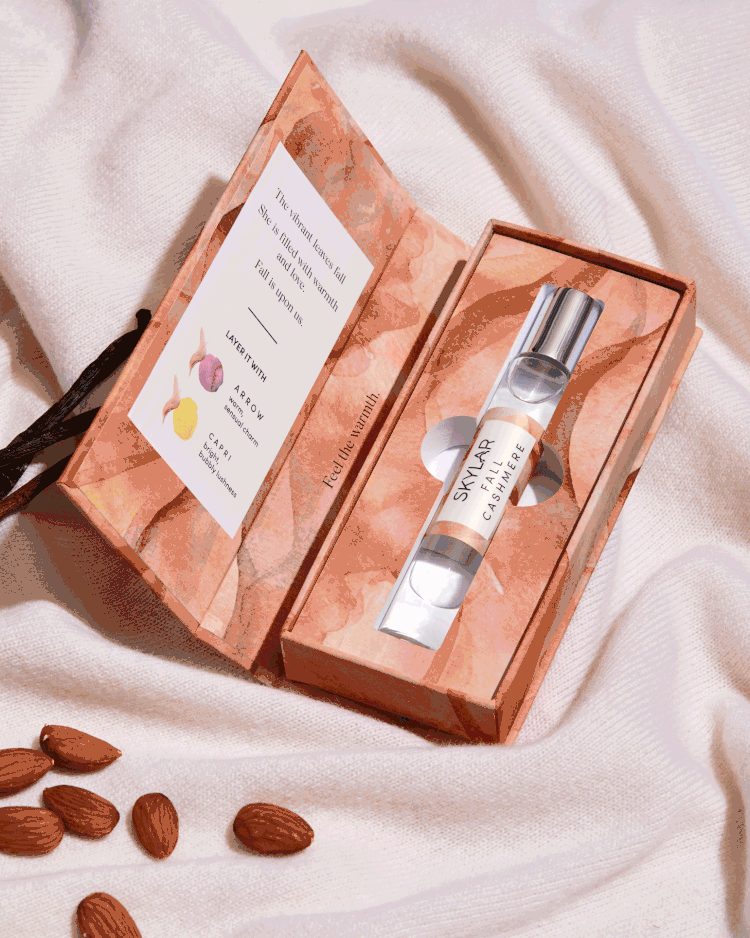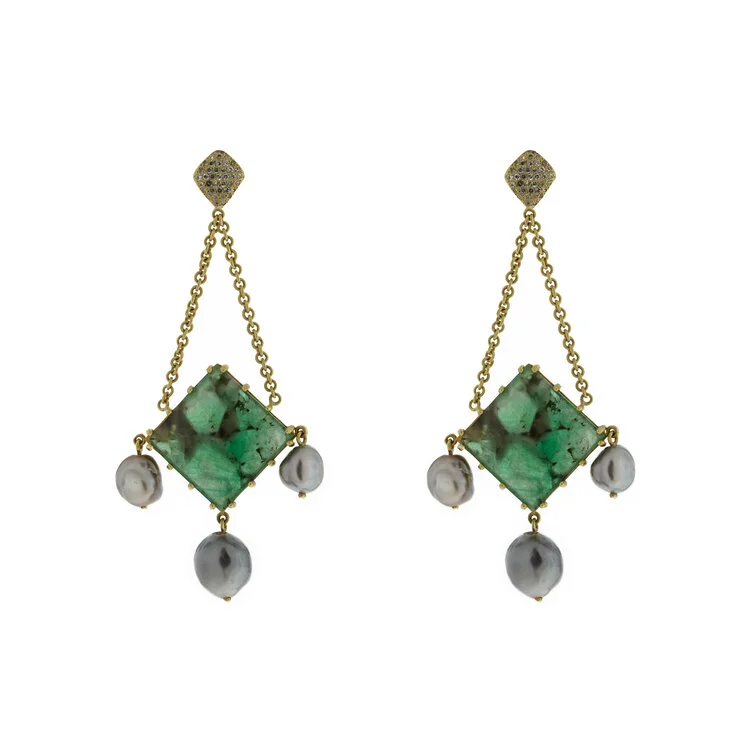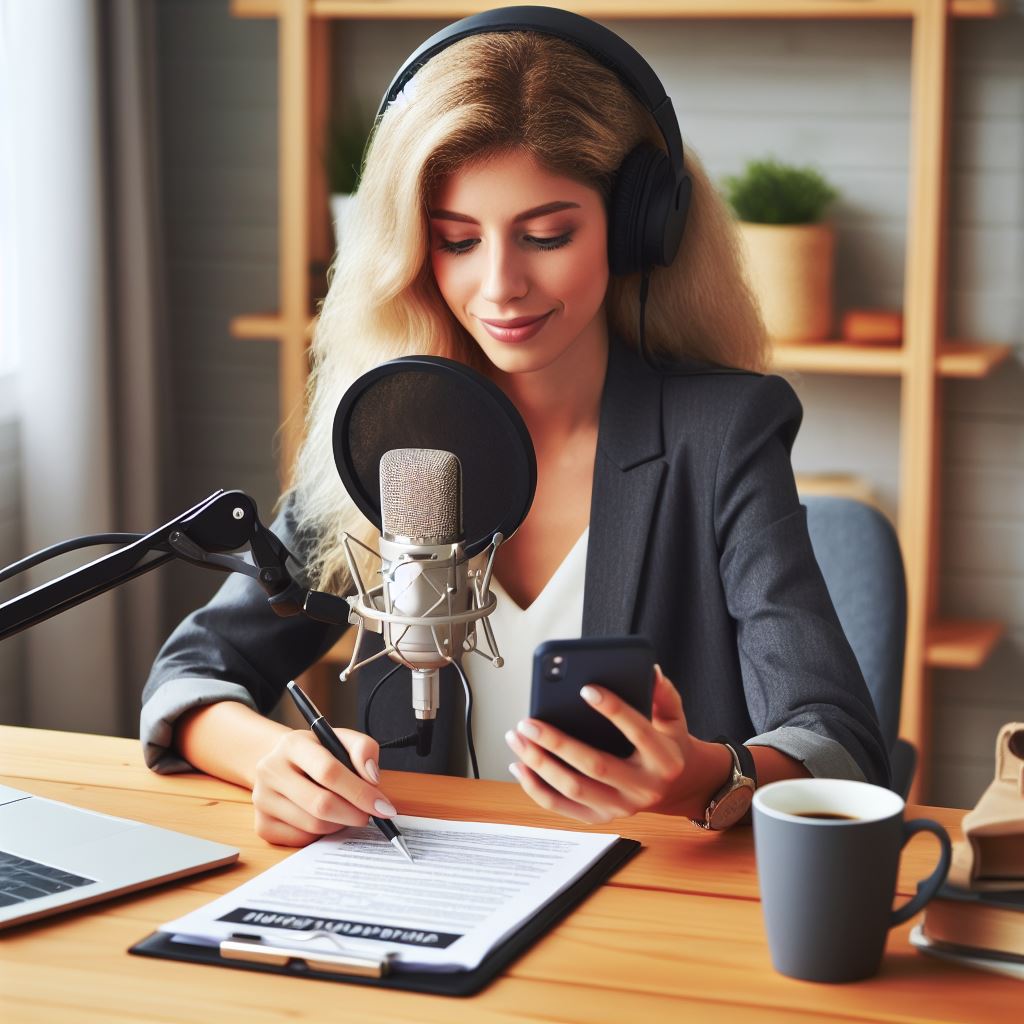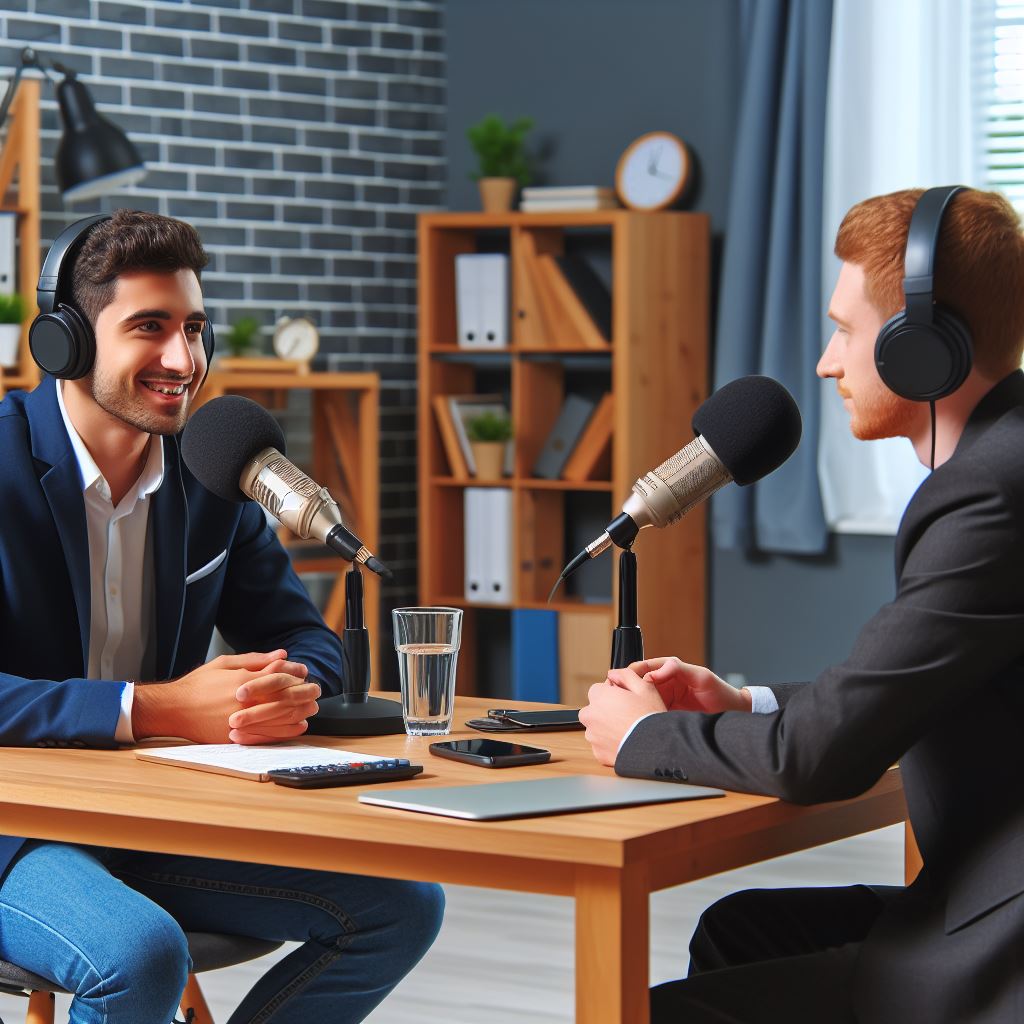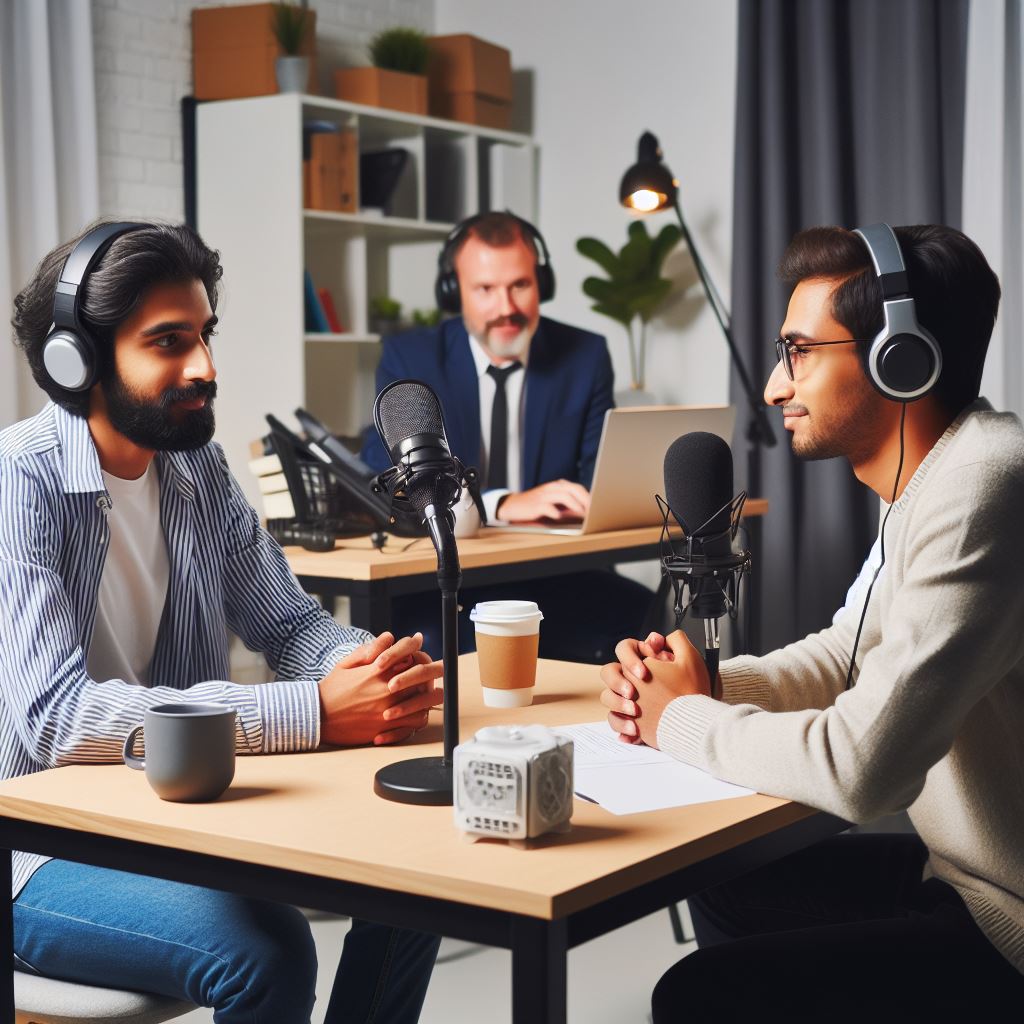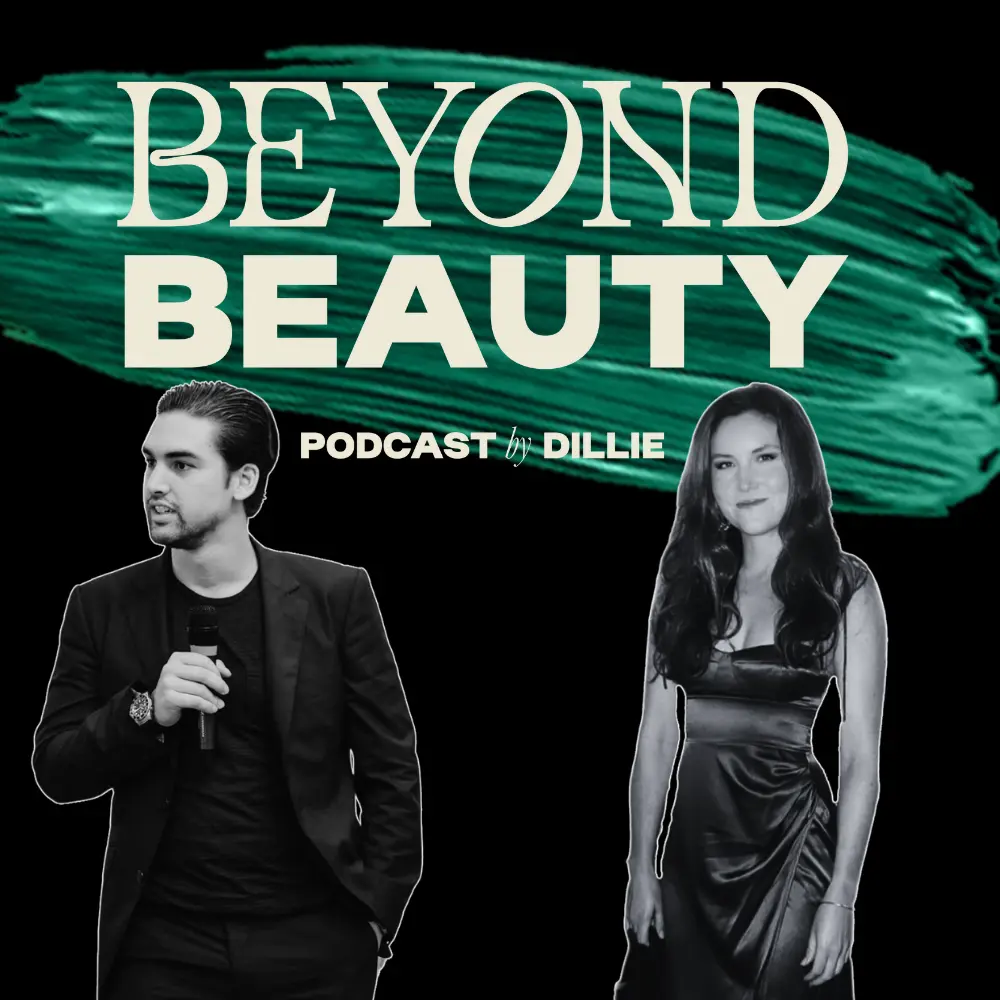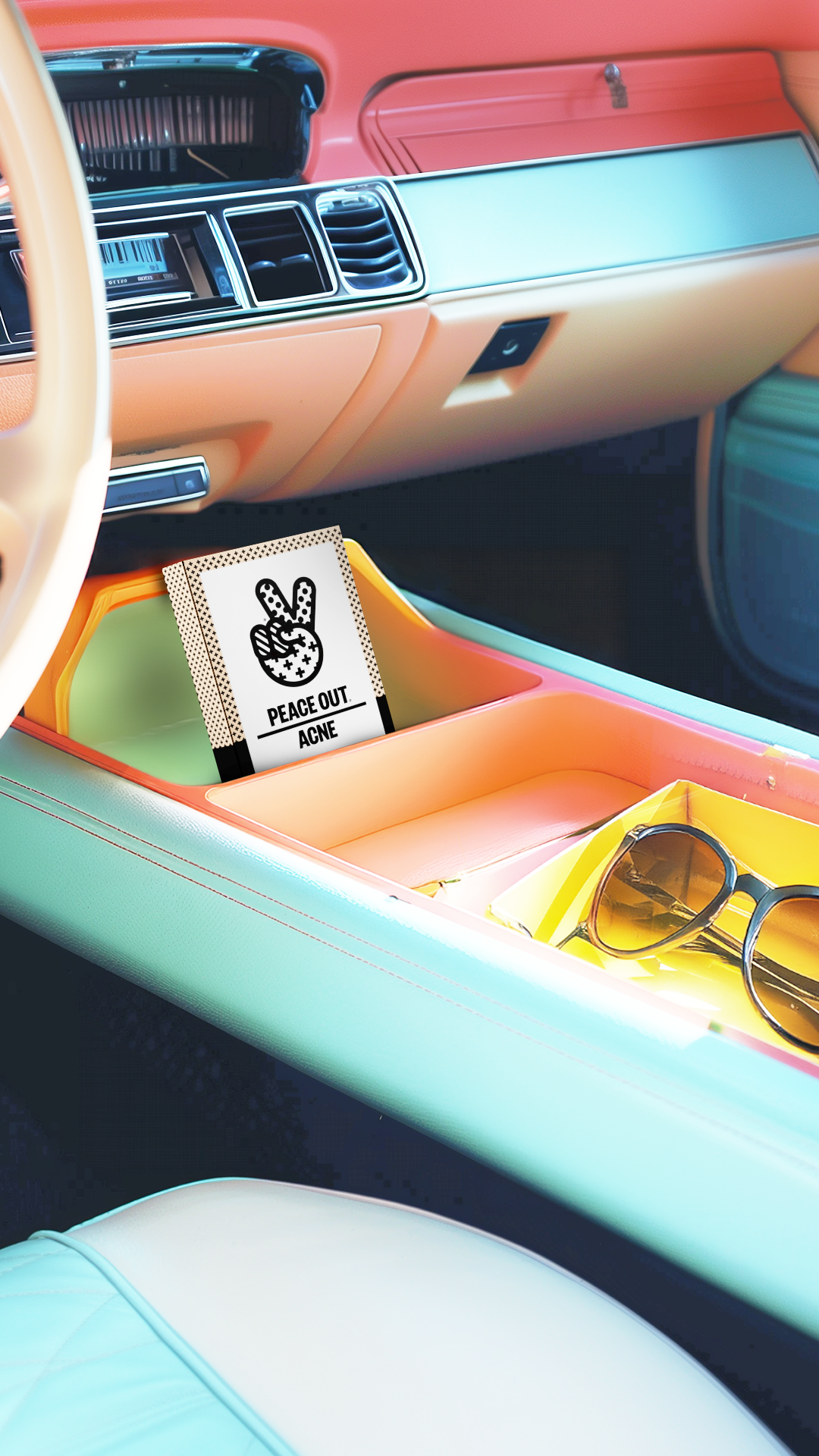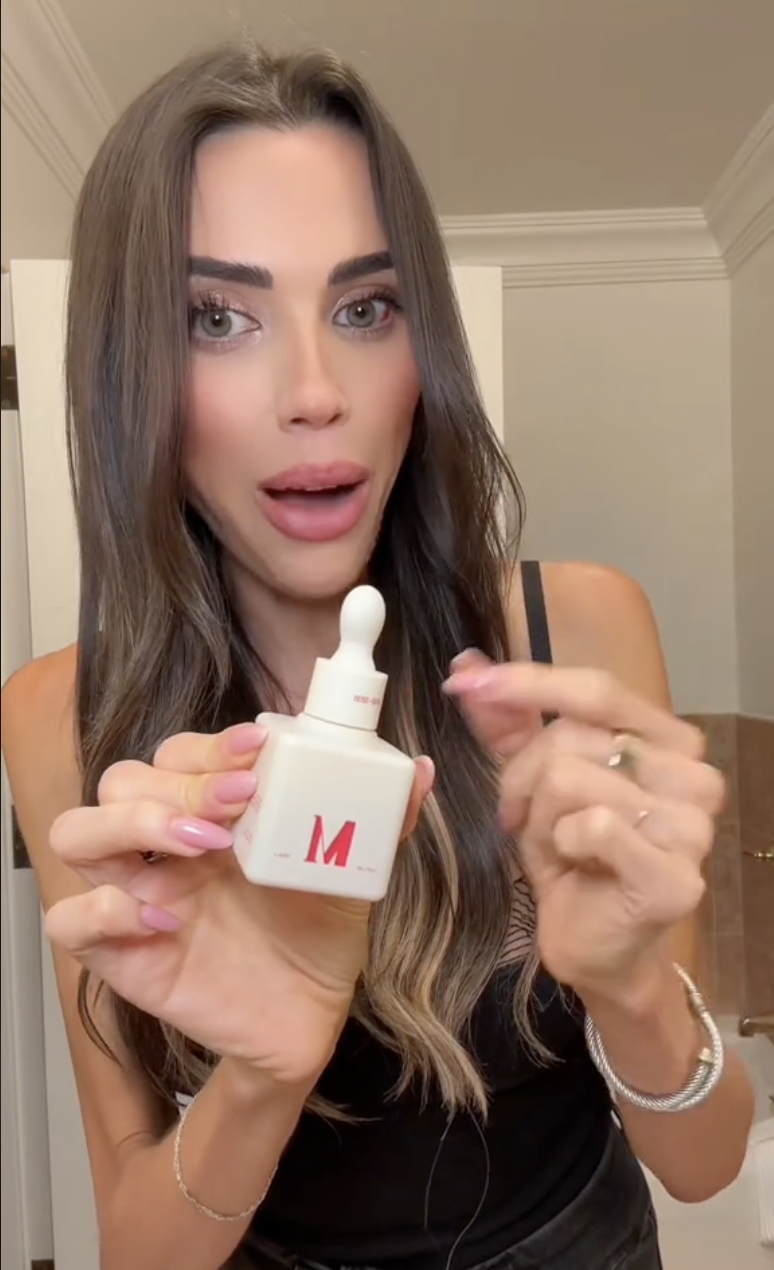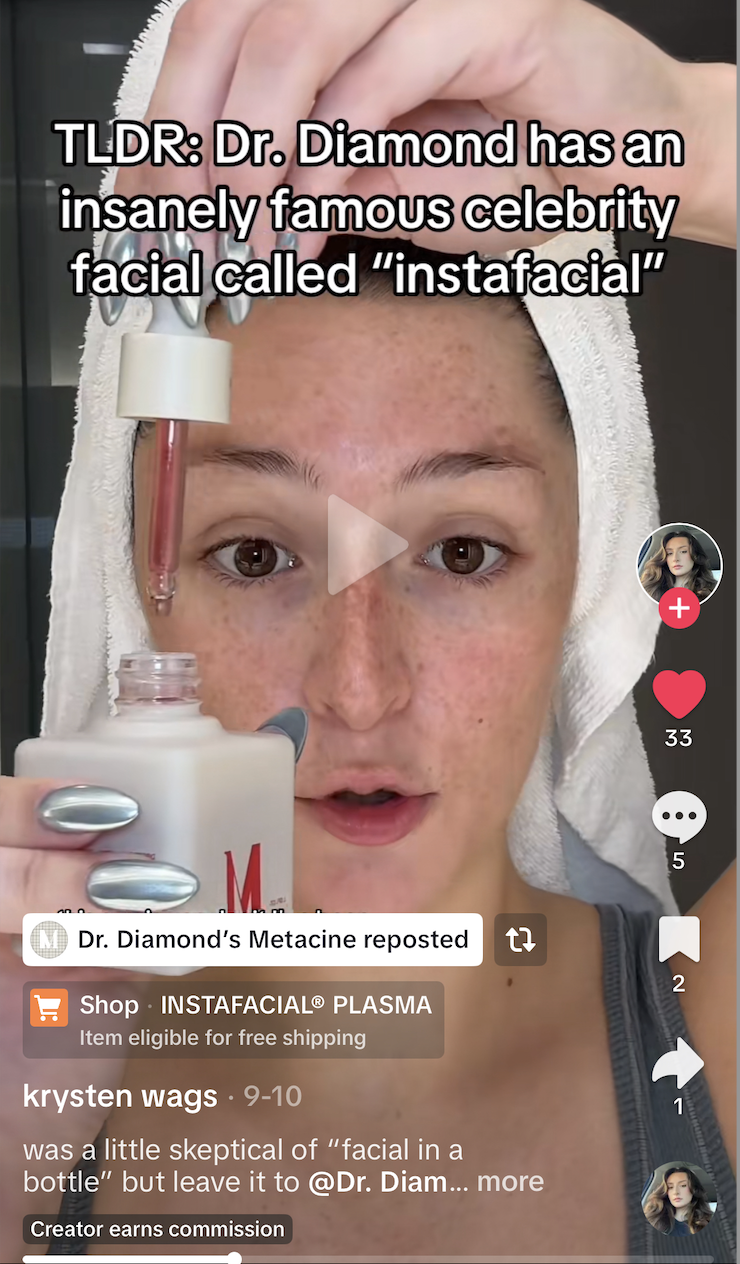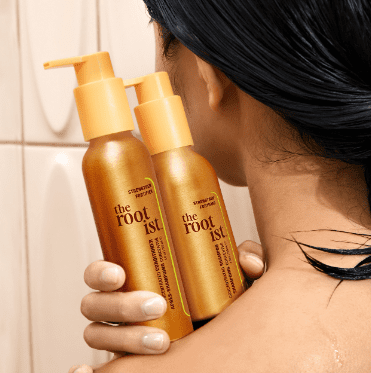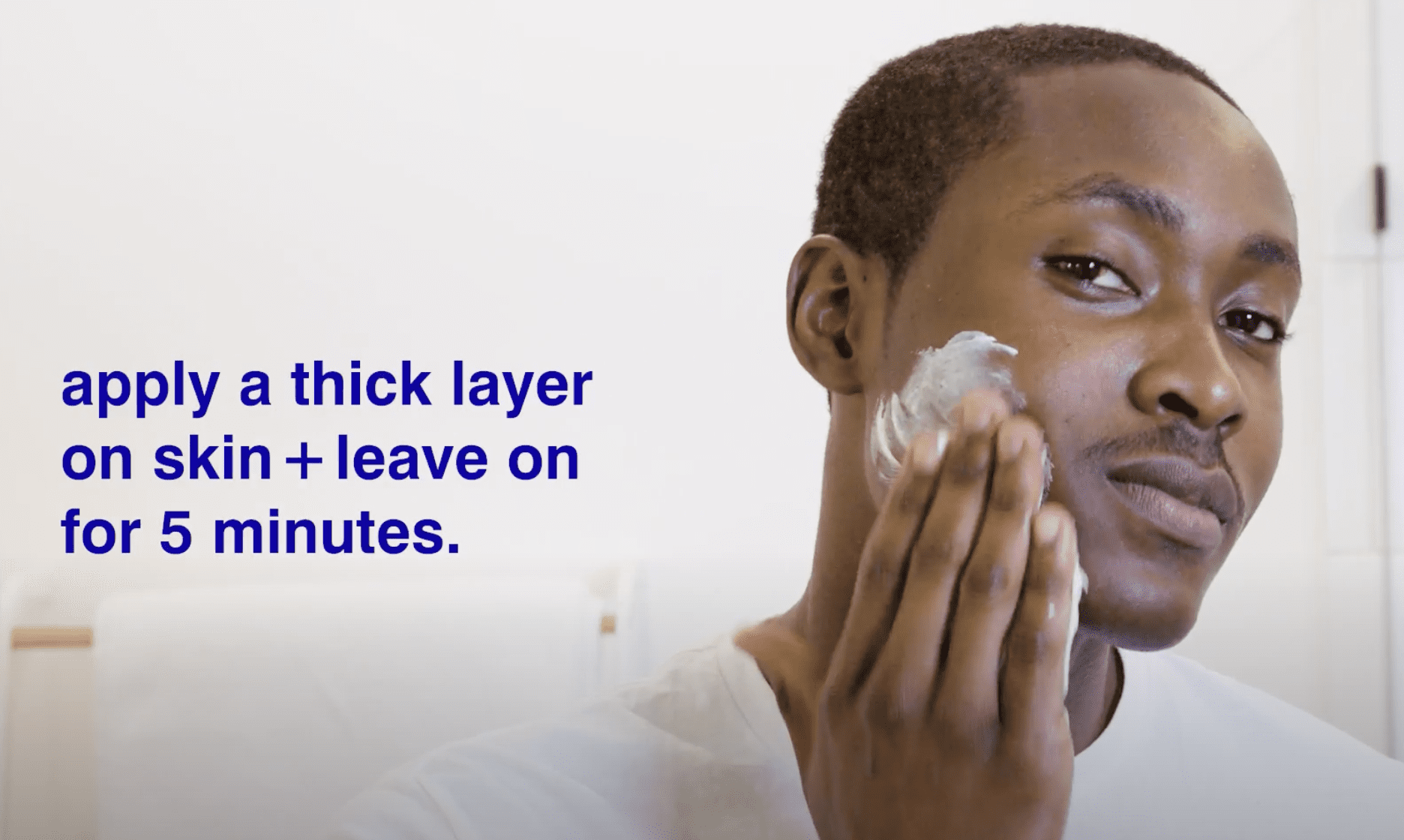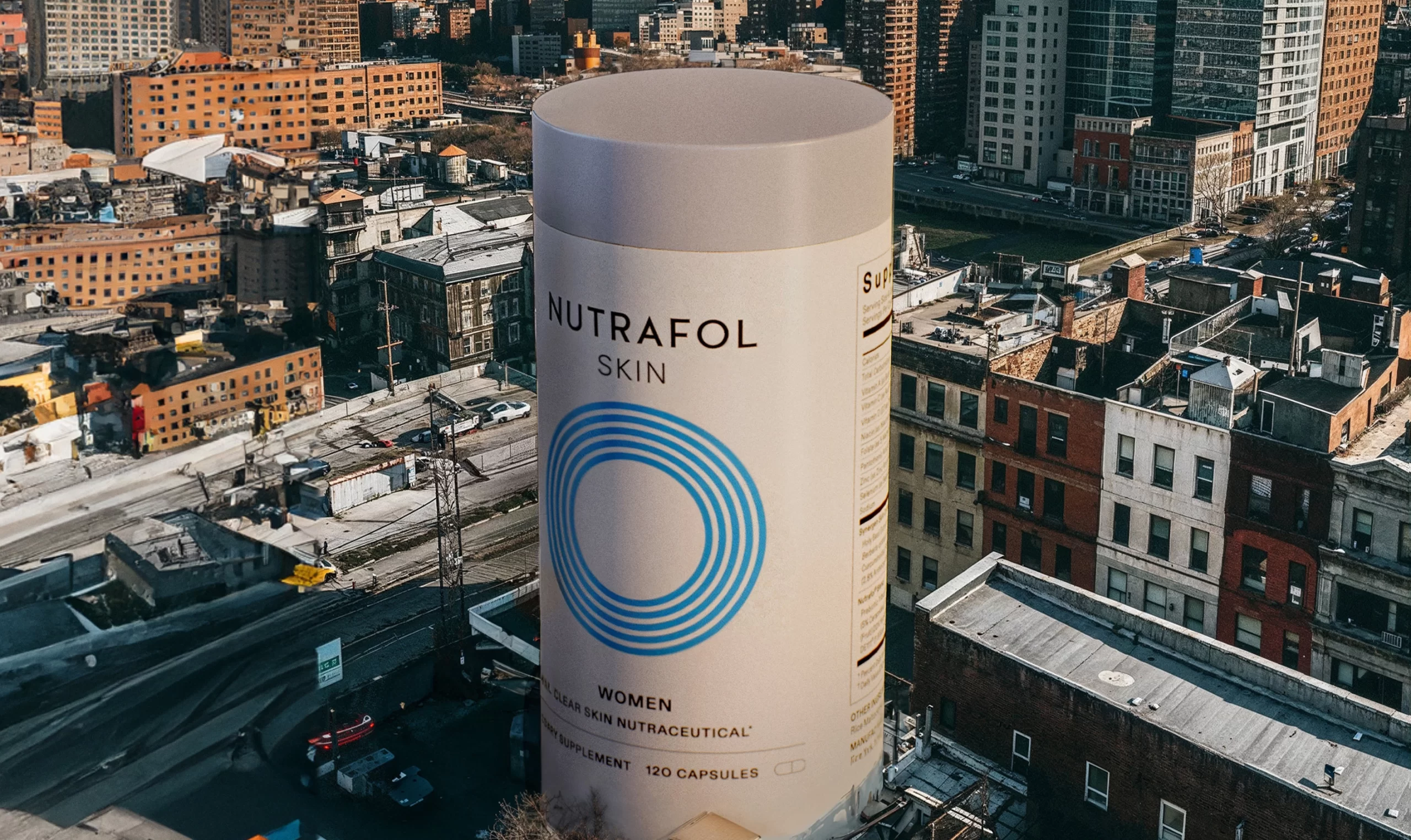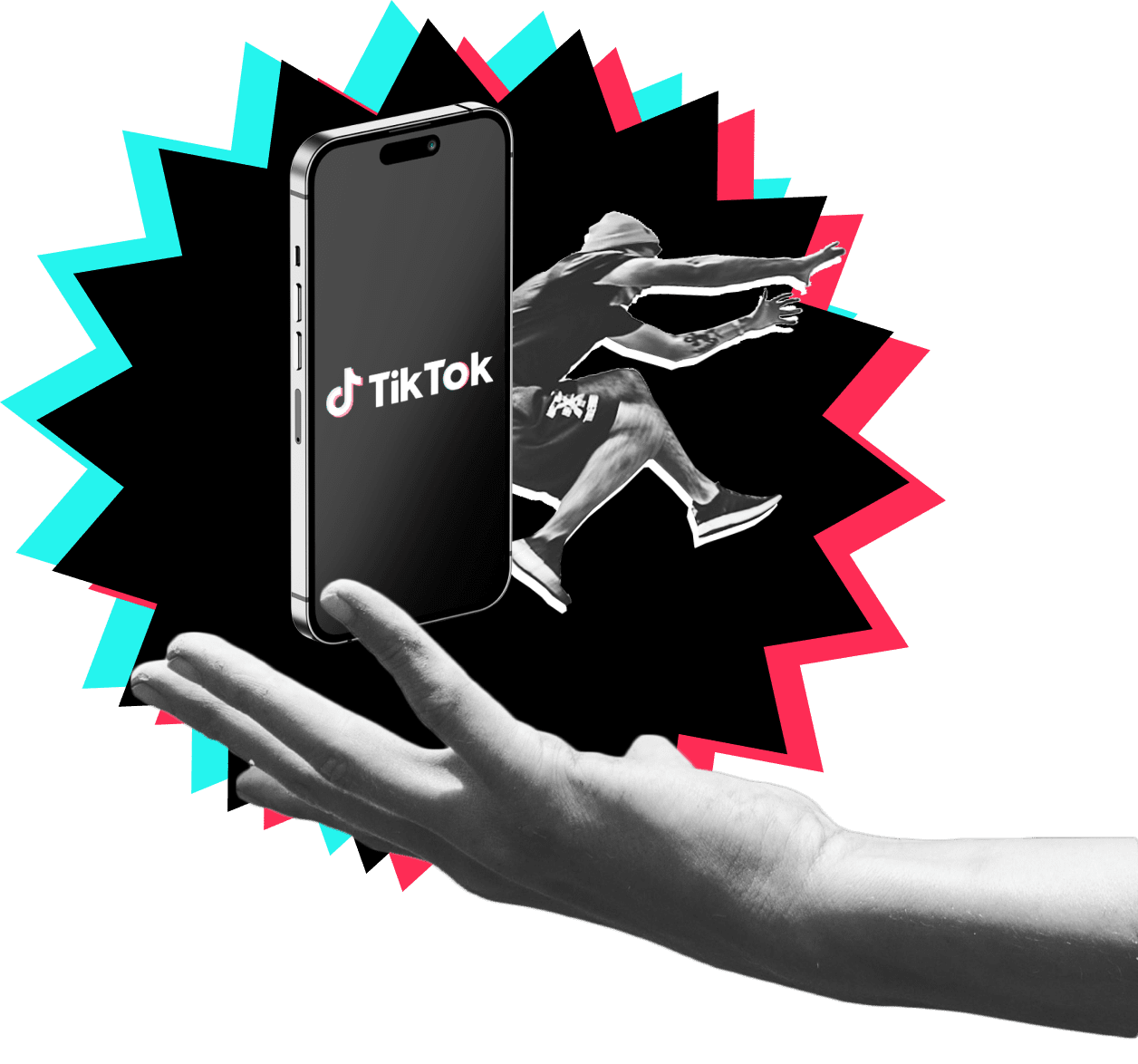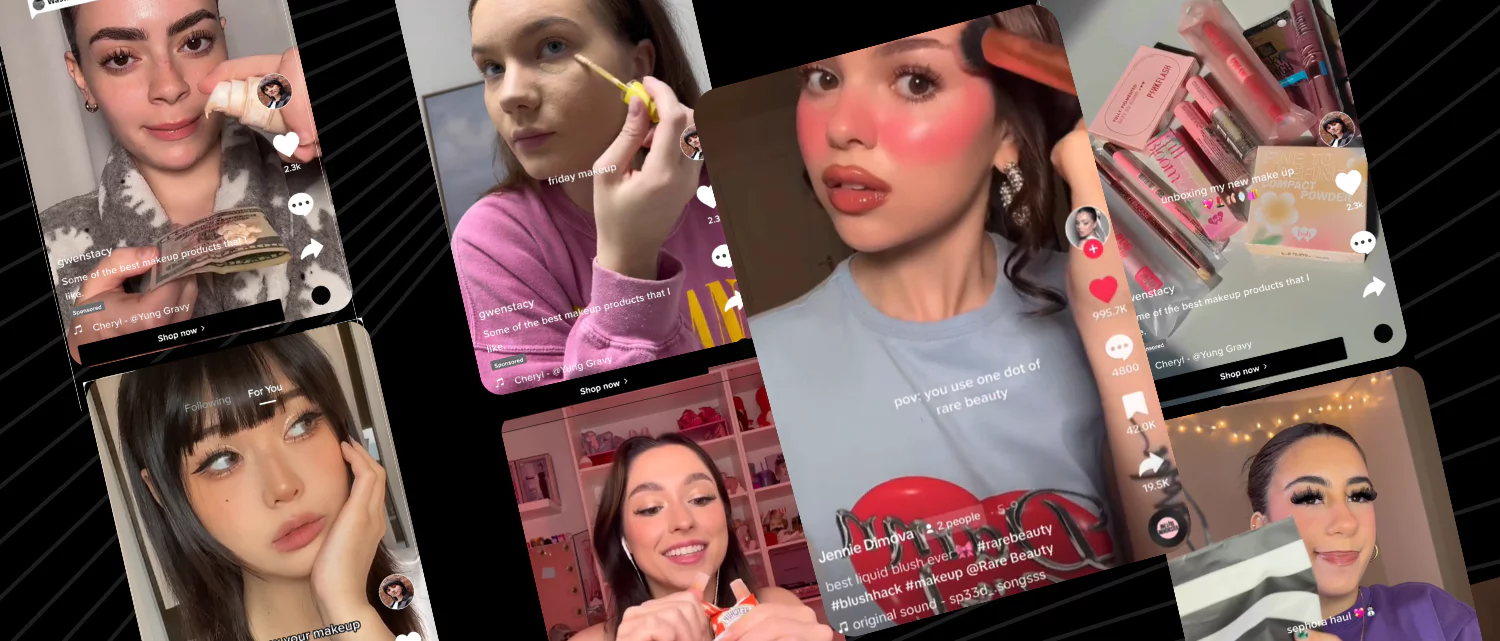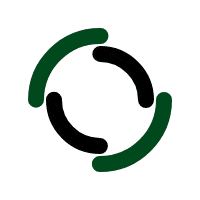In this episode of the Beyond Beauty Podcast, the host welcomes Melissa Palmer, co-founder and CEO of OSEA, a leading brand in luxurious, clean, and sustainable skincare. The conversation delves into Melissa’s career journey, the evolution of the skincare market, and effective marketing strategies in a competitive industry.
Melissa’s Journey
Melissa shares that her journey in skincare began at a young age, as she grew up in a family deeply connected to natural wellness. Her mother, Jennifer Palmer, was a healer and entrepreneur who founded a wellness center and spa, which laid the foundation for OSEA. Melissa recalls helping her mother in high school, surrounded by essential oils and natural products, which sparked her passion for the industry.
After a brief hiatus pursuing a different passion—hula hooping—Melissa returned to OSEA in 2014. At that time, the brand was still small, operating out of a garage. She recognized the potential for growth and began implementing digital marketing strategies, leveraging social media to connect with consumers. This timing coincided with a broader shift in the skincare market, where the conversation around clean beauty began to gain traction.
The Evolution of the Skincare Market
The discussion highlights how the skincare market has transformed dramatically over the past decade, particularly in the clean beauty segment. Melissa notes that when OSEA started, the concept of clean beauty was virtually nonexistent. They faced skepticism about their natural ingredients and sustainable packaging. However, as consumer awareness grew, so did the demand for clean, effective products.
Melissa emphasizes that OSEA’s mission has remained consistent since its inception. The brand has always prioritized using high-quality, natural ingredients and sustainable practices. As the market evolved, OSEA found itself at the forefront of the clean beauty movement, which Melissa attributes to their unwavering commitment to their core values.
Marketing Strategies
In a saturated and competitive industry, Melissa discusses the importance of authenticity in marketing. She believes that consumers are increasingly seeking genuine connections with brands and are drawn to founder-led companies. OSEA’s marketing strategy focuses on storytelling and transparency, allowing customers to understand the brand’s mission and values.
Melissa shares that OSEA has never engaged in formal celebrity endorsements; instead, they have benefited from organic support from influencers and celebrities who genuinely love their products. This authenticity resonates with consumers, fostering trust and loyalty.
Advice for Aspiring Entrepreneurs
For those looking to launch or scale their own beauty brands, Melissa offers several key pieces of advice:
- Stay Focused on Your Mission
Melissa emphasizes the importance of having a clear mission and vision for your brand. This focus will guide you through the highs and lows of entrepreneurship.
- Embrace the Journey
Success takes time. Melissa reminds aspiring entrepreneurs that building a brand is a long-term commitment, often taking years to achieve significant growth. She encourages patience and perseverance.
- Invest in Quality
Prioritizing high-quality ingredients and sustainable practices can set your brand apart. Melissa believes that investing in product efficacy leads to repeat purchases and customer loyalty.
- Be Authentic
In a crowded market, authenticity is key. Consumers are looking for real connections with brands, so being transparent about your values and mission is crucial.
- Adapt to Change
The marketing landscape is constantly evolving. Melissa encourages entrepreneurs to stay current with trends and find innovative ways to communicate their brand’s message across new platforms.
Sustainable Growth and Authenticity
Melissa emphasizes the value of slow, sustainable growth in business. She reflects on her experience of nurturing OSEA from its humble beginnings, where she personally handled every aspect of the business, including shipping packages and bookkeeping. This hands-on approach has instilled a deep sense of authenticity in the brand, which resonates with customers. Melissa notes that while many brands may appear to achieve overnight success, the reality is often a long journey of hard work and dedication. She highlights the importance of sharing the struggles and incremental growth that come with building a business, as this transparency fosters a genuine connection with consumers.
Intuition and Perfectionism in Business
A significant part of Melissa’s advice centers around the power of intuition, particularly for women in business. She encourages listeners to trust their instincts, as doing so can lead to valuable insights and decisions. Melissa also discusses the pitfalls of perfectionism, particularly in marketing. She shares her own experiences of obsessing over email drafts and marketing content, only to find that the less polished versions often performed just as well, if not better. This realization has led her to advocate for taking action rather than striving for perfection, encouraging entrepreneurs to experiment and learn from their efforts.
The Journey of Building a Brand
The conversation shifts to the broader narrative of entrepreneurship, where Melissa reflects on the importance of sharing the full story behind a brand’s success. She notes that many people only see the end result, such as a brand’s impressive revenue or social media following, without understanding the years of hard work and dedication that preceded it. Melissa shares her own experiences of filling jars and labeling products alongside her family, emphasizing that these foundational moments are crucial to the brand’s identity.
Embracing Change and Innovation
As the discussion progresses, the topic of change and innovation arises, particularly in the context of the rapidly evolving beauty industry. Melissa acknowledges the challenges of keeping pace with consumer preferences and market trends, especially in an era where social media can create the illusion of instant success. She emphasizes the importance of adaptability and the willingness to experiment, noting that what may not resonate today could thrive in the future.
The Role of AI in Marketing and Operations
The conversation takes an intriguing turn as Melissa shares her thoughts on the impact of artificial intelligence (AI) on the beauty industry. She expresses her enthusiasm for integrating AI into various aspects of OSEA’s operations, from streamlining manual tasks to enhancing customer care. Melissa believes that AI can free up valuable time for her team, allowing them to focus on strategic thinking and creative ideation. She highlights the potential of AI in areas such as user experience, ad creation, and even legal processes, suggesting that businesses should prioritize AI integration from the outset.
Looking Ahead: International Expansion
As the episode draws to a close, Melissa shares her excitement about OSEA’s recent international expansion into markets like Australia and New Zealand. This new chapter represents a significant milestone for the brand, and Melissa is eager to see how OSEA’s mission and values resonate with consumers in different regions. She reflects on the joy of building a brand that not only thrives in its home market but also has the potential to connect with people around the world.
Final Thoughts and Advice for Entrepreneurs
In her closing remarks, Melissa reiterates the importance of authenticity, resilience, and a willingness to embrace change in the entrepreneurial journey. She encourages aspiring business owners to share their stories, learn from their experiences, and remain open to the possibilities that lie ahead. The episode concludes with a sense of optimism and excitement for the future, both for Melissa and OSEA, as they continue to navigate the ever-evolving landscape of the beauty industry.
Podcast Transcript
Speaker 1 00:00:01 Welcome to the Beyond Beauty podcast, a platform to highlight the beauty industry’s talent, deconstruct their learnings and spark ideas for your own business. The Beyond Beauty podcast is created by Dillie, the leading creative agency working with the fastest growing brands and beauty. Here, we’ll interview guests from major beauty corporations, creative directors, influencers, founders and risk taking entrepreneurs. Our guests are not only changing the traditional beauty landscape, they are also innovating in ecommerce, branding and digital marketing. Join us as they share valuable advice, how they launch their businesses and most importantly, ignite thought provoking conversations across beauty, tech and marketing. Hi everyone! We are so excited to have Melissa Palmer, Co-Founder and CEO of OSEA, on the Beyond Beauty podcast today. So Melissa, thanks so much for coming out to share your career journey and advice. Hello. So happy to be here. Melissa Palmer is the co-founder and CEO of OSEA, a leading brand in luxurious, clean and sustainable skincare, she has played a crucial role in transforming OSEA from a small family business into a prominent name in the natural beauty industry.
Speaker 1 00:01:13 Melissa inherited her mother Jennifer Palmer’s belief in the ocean as a source of life and healing, which is a cornerstone of OSEA’s philosophy. Before assuming the leadership role at OSEA, Melissa built a reputation as a master community builder and digital marketer, creating successful e-commerce strategies for various wellness brands. Her innovative approach and commitment to sustainability have significantly contributed to OSEA’s growth and success in the competitive skincare market. Amazing, Melissa. As a huge fan of OSEA, especially the area Body Oil and now the Sea Minerals Mist, we’re so excited to have you on to your career journey, how you really became this powerhouse of a skincare brand. I think it’s like one of the most popular brands between celebrities, everyday skincare users, really impacting the clean market as well. So how did you get started? How do you get started in skincare? How do you get started being a marketer and growing brands, scaling brands? Where did it all begin? I think it the most.
Speaker 2 00:02:16 Reasonable answer to give as it began at birth, because I was literally born into it.
Speaker 2 00:02:22 But I actually started with OSEA in high school in 1996, so I’m now considering saying it was an elementary school or middle school. Give it all away. I grew up with a mom who we truly have bathtubs full of seaweed, essential oils just ripping around our whole house, which was fine for me, but much tougher for my brother, who always had a very intense floral sent to him, as we all did. But my mom was a healer and a hippie. If you’re really getting down to it and that really led her into her journey into finding natural products. When she had a wellness center in spa and growing up, I was the oldest and we were really entrepreneurial family as I think a lot of families with single moms are. We all have jobs and just were helped with everything. And OSEA really grew up with us and I in high school just decided to start helping my mom. And it’s wild to think that here we are 27 years later. Yes.
Speaker 1 00:03:28 And I think the entire skincare market has shifted in such a dramatic way.
Speaker 1 00:03:33 I would argue even maybe in the past 5 to 10 years, and especially the clean skincare market has had such a pivotal moment of breaking through the noise of saying which ingredients or maybe less is more. So like, how has that impacted the business, and where did you feel like the biggest impact came to have that? I don’t know, Halo effect across all sales channels. And what was that moment where people it became like a household brand name. I feel like there’s three questions in there.
Speaker 2 00:04:01 But there’s a lot of questions in there. I think I can answer it in a couple different ways. So a little bit about our journey with the brand is really the first decade plus. It was my mom and I in a garage. And so when I hear you say things in the bio like a popular household name, it still blows my mind because we spent more time in the garage as a little bitty brand than out. And when we first started, there was no such thing as clean beauty. We were consistently talking about natural products, sustainable packaging.
Speaker 2 00:04:36 We got a lot of negative feedback that it wasn’t in glass, that the sense did not smell right, because they were more essential oils and natural. And over the course of the past 27 years, the conversation has just so dramatically changed. It all sort of coincided with what the business in like 2000 2008. I left and had to pursue another passion, which was hula hooping. I got completely obsessed with hula hooping and helped build a dance hula hoop fitness company. But it was such miraculous timing because it was, as everyone always says, a combination of hard work and luck. And I feel like it was really that I learned all about digital marketing right at the moment. It was starting, and I came back to the business in 2014. At that point, we just sold in spa. We were a little bitty baby business still in the garage. I’d hired one person to help fill my job. So in one sense we’re 27. In another sense were close to nine years old. And so when I came back, I really started pushing the business in a new way.
Speaker 2 00:05:46 I built social media, a website, and it was really lucky timing, because what we’d been saying all along, which is things that were so radical to say in the 90s. The skin is the largest organ in your body. Things are topically absorbed, simple, less using a simple routine and everything that my mom just had so intuitively built into. OSEA became the conversation and down to sustainability packaging. So I think it was such a great combo of my having had an opportunity to leave for a few years, come back and move us into these other channels, which really hadn’t existed. We ran the business getting orders on a fax machine and taking a few phone orders. Oh my gosh. And all of a sudden we got access to Instagram and to Facebook and to things that just hadn’t existed. And Instagram was such a lift to our brand. I don’t think we look like an Instagram brand, but it gave a small, bootstrapped family business, an opportunity that we would have never had. And to build on.
Speaker 2 00:07:02 To your point, skin care has so radically changed in the past 5 to 10 years.
Speaker 1 00:07:07 It has, and I think a lot of people are stepping back to and I think beauty had such a moment of almost like 2010 to 2018, 2019, in terms of makeup. Everyone’s talking about it. And then I think during Covid and slightly before, I think there was almost a few YouTubers that were saying, your makeup is going to look better, if your skincare is better and it’s your canvas. And then Covid happened and then people were saying, I don’t need to wear makeup. And now it’s the time for self-care and the health of my body, and that really is skincare. So then skincare had this like flywheel moment. And then a lot of people are saying, what are these ingredients in the products that my family has been using for forever, or my sister told me about, or my mom, and now they’re saying, I need to get away from these toxic things like the same way. Whole foods was saying, get away from toxic foods and other retailers, and now it’s skincare.
Speaker 1 00:07:57 So did you feel that OSEA was really, like leading the way of a clean, sustainable, non-toxic, however organic? I feel like there’s so many different words and yes, they all mean something different. Do you feel like they’re really were leading that movement? And I feel like it was like you’re striking at the right time there.
Speaker 2 00:08:17 I would say we were consistently striking until it became the right time. Nothing about our mission has changed. We have the same logo, the same tagline, the same brand story, the same packaging, many of the exact same products that we had in 96. In our case, what’s so funny? Because I hear people describe it as the leader and pioneer and clean beauty. And I think I’ll take that, you know, because I will, because the way I see it is we’ve just always done the same thing. And for us, clean was just. First of all, we always thought it would be called Green Beauty. That was like the early 2000. It was green, but then it moved to clean.
Speaker 2 00:09:03 But clean was always just a responsibility, and to us that was our reason for being. And the fact that it is actually become table stakes and it’s becoming moving towards table stakes, that’s really what we want. The fact that there’s so many new products that are clean and safe and effective to us is the achievement. It’s so exciting to have continued to build and guide the brand. It’s also so funny because we get compliments as one example on our packaging all the time, and we used to get so much points about our packaging. Wow, why is it in glass? And we weren’t even in secondary boxes until 2018 because we were hand wrapping every bottle with like, recycled newspaper, because we couldn’t find cardboard that we thought had the right impact. And also we were mostly selling in spa, so we didn’t think we needed boxes because it was sitting on a shelf. But it’s so much of what has just been our true reason for being since the beginning is now feels like striking while the iron is hot, which to use your words.
Speaker 2 00:10:09 But that really just feels like such a true affirmation of everything that we believe in and everything we want to see. Shift in the beauty industry. It was radical eight years ago that we were not using models, that we weren’t, that they had zero makeup on, that we weren’t retouching them. And I can look around and see that in a lot of ads. And actually, some of the women we found on Instagram have actually become really popular models. One of our favorite 65 year old women is like a full time working model, and I love it like that. To me, that’s the that’s what I feel so proud of, that that’s the kind of impact we hope we can leave on the beauty industry, even things like you didn’t see ten years ago. There was never product photography outside, and we looked really weird compared to a standard beauty brand. We took all of our product pictures on the beach with the blue sky, and now there’s so much marketing that leads to like our own connection with nature, our own wellbeing.
Speaker 2 00:11:13 And I think it just creates so much more of a sense of and feeling of like inner calm and beauty, which is really how we see beauty. We don’t even consider ourselves, ourselves a beauty brand. We always see ourselves as wellness, wellness.
Speaker 1 00:11:28 I love that and I think it really a thought later too, of how you were paving the way of anything from marketing to product development and making your own category, but spearheading it and bring it to everyone else. So with that, let’s talk about marketing. Whether it’s skincare, wellness, personal care, however you see it, it’s a very saturated and competitive industry. There’s a lot of noise. A lot of people come on here as CEOs, co-founders, marketing executives. Maybe they have a tech forward agency and they’re working with beauty and personal care brands. How do you break through the noise? How do you market and stay like understanding what’s working in terms of the technology, like you were mentioning Facebook and Instagram back in the day, as well as staying scrappy as a brand, knowing that there’s so many expenses it takes to run a business.
Speaker 2 00:12:15 I think you just asked me the questions I asked myself every day. So you’ve climbed into my head. I think the way I, my mom and I always say, together we make one perfect brain because she is so focused on product, ingredient and product perfection. I’m really focused on the business and marketing and the brand, and I think together we hold the brand. But she’s really product focused. And the way that I look at our marketing is for me. The mission of OSEA is very clear and unchanging, and in these past ten years, the marketing landscape around us has changed radically. And I’m constantly working with the team, pushing myself, pushing us all to think of how we can translate who we are into these new platforms. Tick tock. Even then, the most micro level, I love to find a TikTok trend and think, okay, how do we take this trend? And now talk about who we are and how do we as this like 27 year old brand, stay current and fresh? And it’s excellent that like our mission is what is current and we hope that is unchanging in beauty for everyone.
Speaker 2 00:13:41 But it’s really just continuing to find new ways for us to be articulate who we are. And I think that that authenticity comes through so clearly on social. Over the past ten years, as you were saying, beauty has radically changed, like in the early 2000. It was my mom and I on in a garage and I would answer the phone like, thank you for calling Lycia International, nay, old. And we tried to act like a really big company, even though we were doing like $400,000 a year with the two of us.
Speaker 1 00:14:11 And I.
Speaker 2 00:14:12 Love it. And that was like a decade plus of that. And but it was not cool to be a small brand. There was very little connection with founder and founder led brands, and that’s really changed. There’s so much more interest in who’s behind the brand and is it an authentic mission, because there’s we’ve watched these companies come into the market with so much money. We bootstrapped the company. We’ve always been profitable. This was our livelihood. So there was no change, no choice.
Speaker 2 00:14:43 But I think that it’s made the space really loud. And there’s so much funding and so many different kinds of brands that I think as a consumer. People are really searching for something that feels real. And so I really work to bring that into the marketing in terms of celebrity. We’re so lucky because all of it is actually completely organic. We’ve never formally worked with a celebrity.
Speaker 1 00:15:10 And why celebrities that use your products like I always hear like Victoria Beckham goes through a bottle of Andrea algae oil. Is it a year or every six months?
Speaker 2 00:15:21 This is I’m on a personal. Couldn’t say enough nice things ever about Victoria Beckham. She is the kindest woman and at one of the roughest times in our family, like in the business. Our home burned down in the fires in Malibu like seven years ago, and she saw that on Instagram and posted about our products repeatedly and damaged with me and sent me nice messages. And she really helped to push our body oil, which the algae oil, the body oil is our top seller.
Speaker 2 00:15:54 But as an example that launched in 2010 and in 2010, a luxury body oil was unheard of. And now that product is made way for body oil as a category. And but Victoria Beckham, the kindest woman, cannot say enough things about her love. Everything. She’s building such a fan. We get like DMs. I remember the first time, like Emma Stone sent us a DM, we were like, wait, can people fake DMs? And really all of them sending us and they love the product? Yeah, because they use the product. And I think that’s what has really perpetuated moved. So much of our growth is influencer and celebrity because especially as that whole world has gotten so noisy, I know as a content consumer myself, I can tell when something feels real or this is just and sometimes you can have a paid ad that feels really real and it really works. So I think that piece just around authenticity has lent itself so much to our growth, because it seems really crazy that this is even was a radical concept, but our whole original idea was spending more money on ingredients as a marketing expense.
Speaker 2 00:17:12 And we actually know we do spend more on our ingredients. But beauty has really excellent margins. And I know there’s a lot of people who work in beauty who are listening, and we have amazing margins. So we’re not talking about sacrificing much margin. But when you spend 20, 40, 50, even 100% more, you can still maintain a great margin and that customer comes back. And so I think that has hand in hand with our marketing efforts, really driven our growth because our business is fundamentally built on repeat purchase.
Speaker 1 00:17:49 And I think when people use the products and they see a difference when it comes to product efficacy to and what you’re saying in a very noisy space, I think a lot of times people are putting so much emphasis behind the marketing or they’re paying influencers and not that it’s bad. It’s just it’s again, it’s what is that conversation people are having. So if you get a product and you promise something and then you use it and it doesn’t deliver that sales hook that you were promised, you’re not going to go repurchase it.
Speaker 1 00:18:16 And replenishment is the key to scaling a business. You want them, whether you’re using this product twice a year or replenishing twice a year, every single month, that is music to a company’s ears is those replenishment products. And that’s what helps the margins as well. So it makes sense to put that effort into better ingredients. So not only they’re coming back, but they’re also going to be healthier in the long run and really see a difference in their skin. So that’s huge. So let’s talk about advice. We have a lot of founders come on here. Whether they’re Longer into their journey, earlier into their journey. And a lot of times people are saying, how do I become X, y, Z brand? Or maybe how do I live in my own world and almost have horse blinders on and not look what’s going on? And so much of the reason why we started the Beyond Beauty podcast as well, to separate, separate from founders and executives, is because it’s almost a way of crowdsourcing coffee advice.
Speaker 1 00:19:11 So some people are lucky to say, oh my college roommates, sisters, neighbors, dog sitters, best friend, is this entrepreneur? Or is this executive at this conglomerate? And you can sit down with them, have a 30 minute coffee, whether it’s in Venice or New York, and you get this advice and they might pass your resume or say, try this new tool. But not everyone has that, quote. Luck. And so here is a way of crowdsourcing advice. So what advice would you give to someone who is launching their own business? Getting into skincare? Maybe they’ve started the brand, but they have yet to scale it. What advice would you want to share with them if they’re looking to follow within your shoes?
Speaker 2 00:19:50 Okay, I think I have a couple of key pieces, and I want to build on one thing you said because it’s not usually in my advice, but I think I have to add it in, which is horse blinders. If there was any secret to my success, it’s just I don’t see anything else around me.
Speaker 2 00:20:06 People ask me all the time what other products you use. I don’t see why I use OSEA, I this is what I am, this is me like everything. So I do think it takes a level of insanity in your brain to have those horse blinders on, to just see so clearly ahead to your goal and stay so focused on your mission, which I think is the key. If I didn’t like really, truly, deeply believe in what we were doing, I couldn’t do this every single day and night and weekend. And in the middle of the night. And I have dreams about it. And this is like a whole other, we call it like another part of our family. I’m the oldest, but he is right there. It’s like our other family member. But I think really finding like something that you truly believe in, that like you can feel so confident in your mission and your vision. It makes the highs and the lows and every aspect of growing a business feel so much more meaningful.
Speaker 2 00:21:17 And it also is what gives what. It’s what’s given us the staying power, which is another thing I don’t hear talked about enough in business. I like to highlight, bold, underline that we launched in 1996 and okay, is my math off? Is it 27 years 28 years? It’s 28 years. That’s yeah, it’s okay. I’m just like one year, blah blah. like, I. Don’t think there is enough conversation about how long it takes to truly be successful.
Speaker 1 00:21:56 Yes, we.
Speaker 2 00:21:56 See things come out of nowhere and we think, wow, they did that so quickly. I cannot tell you how often I get congratulated on my new business. multiple times a week. Oh, congratulations. So cool. You launched like 20.
Speaker 1 00:22:13 Like. Oh, it just overnight.
Speaker 2 00:22:15 Launched in 1986. Yeah.
Speaker 1 00:22:16 Wow. Like. Yeah.
Speaker 2 00:22:17 You know, I used to always joke around, we’re just going to be an overnight 25 year overnight success. And that is exactly what has happened. So I think really understanding there are some people who just it is like in their destiny to strike it and like at that exact moment while it’s hot and explode and there’s always going to be that story, but that is not the norm I want to remind people that there is like a really fruitful, long journey and everything just takes so much longer than you think.
Speaker 2 00:22:54 And slow, sustainable growth is really valuable growth. We didn’t blow up overnight in my craziest moments and like we didn’t blow up overnight. So you can’t crash overnight. But it’s because it’s sustainable. Every like I was talking to someone on the social team. And I think we were just hit 500,000 on Instagram. And I have been posting on that Instagram since it was two people. And it feels there’s something so rewarding about really sustainably growing a business. It’s something that will last for generations for us. What I think about as our measure of success is like, okay, in 20 years, in 40 years, and knowing that OSEA will steer the course and be true to who she is always. And then the other piece, since you’re asked I, I guess I have two more. I mean, advice is.
Speaker 1 00:23:48 The cornerstone of the podcast, so I love advice here.
Speaker 2 00:23:51 You got me going on the horse blinders. I think intuition is a skill that women in business are just like, we have such a gift.
Speaker 2 00:24:03 And I always hear guys describe it as their gut and like gut is the way of describing it. And I’ll use that too, because it really lands. But just learning to trust that intuition, the more I listen, the louder it gets. And sometimes my intuition tells me the craziest things, and I’ve just learned to listen to it. And it really always leads me right. And if it doesn’t, typically I understood the lesson I needed to learn to get to the next step, so can’t go wrong. And then just like a final thing that really helped me in the early days was letting go of perfectionism around the products. You need a you need like product is really important. But in terms of marketing, my advice is always just go for it. Put up that TikTok. Maybe it’s not going to do very well. Your next one might and send out that email. I used to perfect my emails. I used to labor over every word and they really there’s not much of a difference. I actually started a B testing myself on my obsessive versions versus not obsessive.
Speaker 2 00:25:10 Wow. And that’s what made me stop obsessing, because I just spent four or more hours on this email to make it perfect.
Speaker 1 00:25:18 Impact.
Speaker 2 00:25:19 Same revenue. So just get started somewhere.
Speaker 1 00:25:22 These are all great pieces of advice. Recently we were talking for someone and they said back in the day we all would still obviously read books and biographies, but when we read biographies about successful people, we heard the entire story. We heard about childhood. Maybe there was a struggle, maybe there was a hardship, and how extreme of that hardship that just was. Yes, they could greatly vary, but it was this incremental growth towards where they were becoming versus. Now we see on social media it’s almost overnight. That’s where they became or they got a million TikTok followers or their brand launched, or they became a Allure Best of Beauty award winner. But like, how long have they been working on that? And maybe it was in product development for five, ten years. Maybe they were working at a big corporation, learning the ins and outs of building a brand and a company and marketing before they started their own brand.
Speaker 1 00:26:14 Like, how long did that journey takes? I think that’s a great point that you make of there’s yes, there could be exceptions to the rule. There might be a quote overnight success and someone goes viral, but for the most part, 99.9% of us, it’s all about this slow growth and working towards a goal and not just rushing there. And I think what you were saying about sustainable growth and just having those increments versus aggressive milestones really can impact a business and build a fruitful business for the long run.
Speaker 2 00:26:44 I’ve recently started telling people more of our story around some of the struggles, and I’m realizing how important that is to me to share. Or I think people get shocked when I say, I used to ship every package like I have shipped for years. And what is their.
Speaker 1 00:27:05 Reaction when you say that?
Speaker 2 00:27:06 They’re like, what? It’s such a big company. I’m like, yeah, I did all the bookkeeping for the first 15 years. It’s just what you said because they only see the end point.
Speaker 2 00:27:15 And I think it’s so important that we’re all more honest with each other about everything on that road to get there. Like, right now, it looks like we’re just this big company. But there were decades of so much hard work of I used to fill every jar sticker. The labels, like my siblings and I. Growing up, there was no such thing as watching a movie unless you were sticker ING and kidding, but that’s it’s just part of the journey. And I think sometimes that can feel so small and slow and you have no idea where it’s leading you.
Speaker 1 00:27:49 And I think the joy of building a company is that you’re building something. You’re you’re it’s like these stacking boxes towards, like sometimes literally and figuratively. You’re building blocks and maybe you’re stacking boxes to ship, or maybe it’s in your mind saying, I’m going to a B test. That email or an AB test says tick tock, or maybe I have this event, or maybe I work with this retailer, or go into the spa or work with these kind of like niche communities and gift them.
Speaker 1 00:28:14 And it’s all about testing to and it gets okay to fail. It’s okay to put a marketing activation out there and for not to succeed. But you’re trying and you’re seeing what’s resonating. And especially right now, what resonates now might not resonate with the consumers in two months. We’re in this mega mega shift, but it makes it more interesting.
Speaker 2 00:28:31 How fast is the speed of change? So one.
Speaker 1 00:28:35 Question.
Speaker 2 00:28:36 I was just going to say, I think a failure mindset like you can’t have it anymore because what fails now might thrive in three months. It’s all moving so.
Speaker 1 00:28:44 Quickly, and I think all of us feel like we’re living under this microscope where everyone sees every single move because everything’s recorded and there’s this massive publicity moment where everyone’s talking about everything all the time. However, I really believe that it’s okay if you’re not going to fail, then you’re not going to succeed. And I think more and more people need to talk about some of these incredible business leaders or founders or artists. How what did they do before? And let’s talk about the real story, not just the glamour moments or hitting $100 million in revenue or IPO ING or getting the million followers, whatever their milestones are, let’s talk about how they got there and not just the end game.
Speaker 1 00:29:24 Love it. We are already at 30 minutes, so this has gone by so fast. So we have to have our final question, which makes me so sad because I feel like I could sit and talk.
Speaker 2 00:29:31 I know, and I was like, can we talk about I please? Because that’s all I want to talk about.
Speaker 1 00:29:36 Then I would love to talk about let’s talk about AI and the future of marketing, the future of skincare, beauty, personal care, everything. Like how are you using it? How is it going to impact the future? What are your thoughts on it? The positives and negatives? Where is this going?
Speaker 2 00:29:51 I think by the time this if someone is now listening to this episode in a year, my my answer will probably be irrelevant. And that to me is like the core of where AI is going. It’s all shifting and moving so fast. I think at a company of our size and we’re small compared to a massive beauty brand, but we have a team now.
Speaker 2 00:30:16 It’s really hard to sort through and move the whole team towards it. So I’m personally obsessed with AI and finding pockets of the business, where we can integrate it. I think overall, I’m looking at AI as a tool to streamline all of our manual work so we can actually get more out of our team so we can get more out of me if I’m able to think strategically because I have all these tools and automations around me, we can move faster. If our growth team is able to create briefs for ads in a fraction of the time, it gives more time to actually ideate unique creative. We’re using it in so many different places and building GPT s, I think some of the areas where it’s the strongest right now is in UX and customer care. There’s a lot of integrations into tools that we’re using already on. There’s also AI built into everything we’re doing in ways we don’t even know. Like meta has launched an AI ad buying tool, which is allowing us to scale our ad platform with a smaller team.
Speaker 2 00:31:26 We have GPT on landing pages. And so, like we have now, we’re able to test and redo through GPT our landing pages at a rate that would have taken us like 3 to 6 months before we can come up with something. Two days later. So I think we’re at the very early days, but there’s so much innovation coming in. I think if I were starting a business right now, I would make setting things up with AI from the get go. My number one priority, and really starting to think about how much you can do with AI, and then you can actually hire very different talent because now you can focus on maybe less talent, but really strategic talent.
Speaker 1 00:32:11 Yes. And I think that’s going to this, the human mindset of, like you said, this strategy, which takes so much time and you really need to go into this deep work. However, if you’re answering emails and slack messages and like checking in on your different agencies, like looking at all your different dashboards, that takes up so much of your time.
Speaker 1 00:32:30 So to your point, let’s put those brilliant human minds at the strategy and let AI I do the administrative clerical check in dashboards. Organization resonating with this language for that language. What are the key selling points now versus closer to the holiday season? Like you said, landing pages. And that’s really what’s going to impact the future. Totally I love it. I love how you guys are diving into the anywhere.
Speaker 2 00:32:58 We can ads. Music creative. I’m wanting to find it. More on operations finance. It’s a great place to get a first legal pass saves you. You can cut your lawyer bills down substantially, especially.
Speaker 1 00:33:14 With some streamlined contracts too. That’s. Yeah, totally.
Speaker 2 00:33:17 I also use it as like a way to become a subject matter, like much more knowledgeable and then go to our experts on all of our contractors.
Speaker 1 00:33:26 Plus, you can do brainstorming to everything. We’re doing a lot of creative AB testing with generative AI photo and videos, and it’s a really interesting way of blending the creative and tech forward minds and seeing like what we can come up with in terms of digital ads as well as like home page banners, landing pages, email marketing, because everyone’s saying I need so much content.
Speaker 1 00:33:47 And so now we can scale it through different ways rather than having to source props and bring everyone together on the same time. So it’s an interesting way of combining user generated content with traditional studio content as well as AI generated content. Yeah, are going to be.
Speaker 2 00:34:04 Seeing the AI content perform on the a b testing.
Speaker 1 00:34:07 Yeah, we are seeing it perform. And I think what’s so interesting is those parameters, you can make them so strict and so many times will be on set and someone has a, I don’t know, a flare for something else. So then they’re changing the video to be more of like their personal brand rather than the brand’s brand. And I’m like, maybe you like the moodiness, but the brand isn’t that moody. They’re more bright and maybe preppy, and they want some orange in it. And we love that you’re moody in downtown Edge, but we can’t let that affect the video shoot with generative AI. It’s like the horse blinders again, right? You tell them the parameters and they output series, and they can learn over and over of what works and resonates better.
Speaker 1 00:34:48 So it’s still very early days, but it’s very interesting. And I love what you said of a year from now when we listen to this episode, how shocked are we going to be? Or laughing saying, oh wow, like they didn’t even know this was coming your way.
Speaker 2 00:35:00 They were so out of the loop.
Speaker 1 00:35:03 But I think that’s cool. I think that’s going to see what’s to come and what’s exciting and what’s next.
Speaker 2 00:35:08 Agreed.
Speaker 1 00:35:08 And on this segue into the last question, is our favorite question, that it does blend with this conversation in a little bit. It’s where do you sit in the stands in your life? And what it means is pretend you’re at a football game or a basketball game, some type of sports event. You’re saying, why did he throw the ball to him? Why did she toss the ball to her? Maybe you’re in the theater and you’re saying, why did she deliver her monologue that way? Why did they have this costume change? Or why did she exit stage left versus stage right? Whatever it is.
Speaker 1 00:35:38 We’re almost sitting in the stands saying, why are you doing this? Or why you’re not doing this? And many times we sit in the stands in our own life, and it could be that post-it note on her mirror saying, we’re going to get this done by the end of the week. It’s in our iPhone notes. We realize it’s been three years since we’ve made that goal. It could be a blend of professional and personal. Melissa, where in your life do you feel like you sit in the stands? And many people interpret this as, what are you looking forward to the most or what are you going to start doing? Stop doing? But most times it’s what are you looking forward to the most?
Speaker 2 00:36:09 I think the thing that I’m the most excited about and it just started, we’re about two months in, is all of this growth and this whole story I’ve shared. Everything has been in North America and pretty much entirely in the US. And the thing that has been like the thing I hadn’t been doing and had been wanting to do, because we’ve always really taken approach of like very slow, sustainable growth.
Speaker 2 00:36:35 We didn’t go into a national retailer until three years after they wanted us, because I wanted to make sure it would work. So the thing I haven’t been doing is launching internationally, and that is the thing I’m the most excited about personally. It means I get to go to all these great new places and work and be there. We just launched in Australia and New Zealand at Mecca, and we’re like a month and a half in and have had incredible performance, which is mind blowing to me because how do people in Australia even know what Aussie is? And they do. It’s so cool. So there are so many regions and countries, and I’m really excited to be a part of this next chapter of the journey and see how this see how who we are and who the brand truly is, and how our mission resonates in all of these other worlds. So that’s what I’m excited for and what I’ve been saying.
Speaker 1 00:37:34 There’s so many countries that should be really excited to connect with Austria soon because they’re amazing products.
Speaker 1 00:37:40 My shout out for Sea Minerals, Mist and the Ontario Body Oil is will forever be. I have one in my bathroom, one at my nightstand. They even have one in my car.
Speaker 2 00:37:49 So fun tip on that one. I actually even like to use it in my hair.
Speaker 1 00:37:54 Wow, that makes sense. Me I have the frizzy hair so I should use that. I should go do that right now. That’s like a.
Speaker 2 00:38:00 Stand outside in the like sea, misty air. But this way you don’t have to. You don’t have to jump in the ocean. And the other, it’s hydrating about that product. It’s super hydrating. And if when you go to the beach and I know we never planned to get sunburned, but if you get too much sun, it’s amazing for after does.
Speaker 1 00:38:19 It’s funny, I sometimes if I’m on trips because I always bring a mini with one with me on planes because I feel like it’s so hydrating, especially when you’re on a plane. It smells nice too. And on planes they just they never smell good.
Speaker 1 00:38:29 So I feel like masks that smell. But so many times people do get sunburns, whether it’s planned or not. Hopefully not planned, but it’s so calming. It’s like an instant relief. Like so much better than aloe vera. So there’s so many hidden secrets to that product.
Speaker 2 00:38:41 I love that you’ve discovered the multiple uses already because they’re like little.
Speaker 1 00:38:45 My friends are like, we think you drink it. I’m like, I don’t drink the oil yet, but I might in the future. It’s so good, might be good for you.
Speaker 2 00:38:50 And we actually have a discount code for your listeners, which is beyond beauty for 10% off your first order, hopefully have the sea minerals in the body oil to follow in your footsteps. Yes.
Speaker 1 00:39:02 Such great products. Melissa, thank you so much for coming on today to share more about ACA, your career journey, your advice. It’s been incredible, and we’re so excited to see what’s next for you and the brand and more to follow. So thank you, thank you, thank you.
Speaker 2 00:39:16 And I can’t wait to keep listening in here. Every way you’re using, I keep learning from you.
Speaker 1 00:39:21 Thank you.
